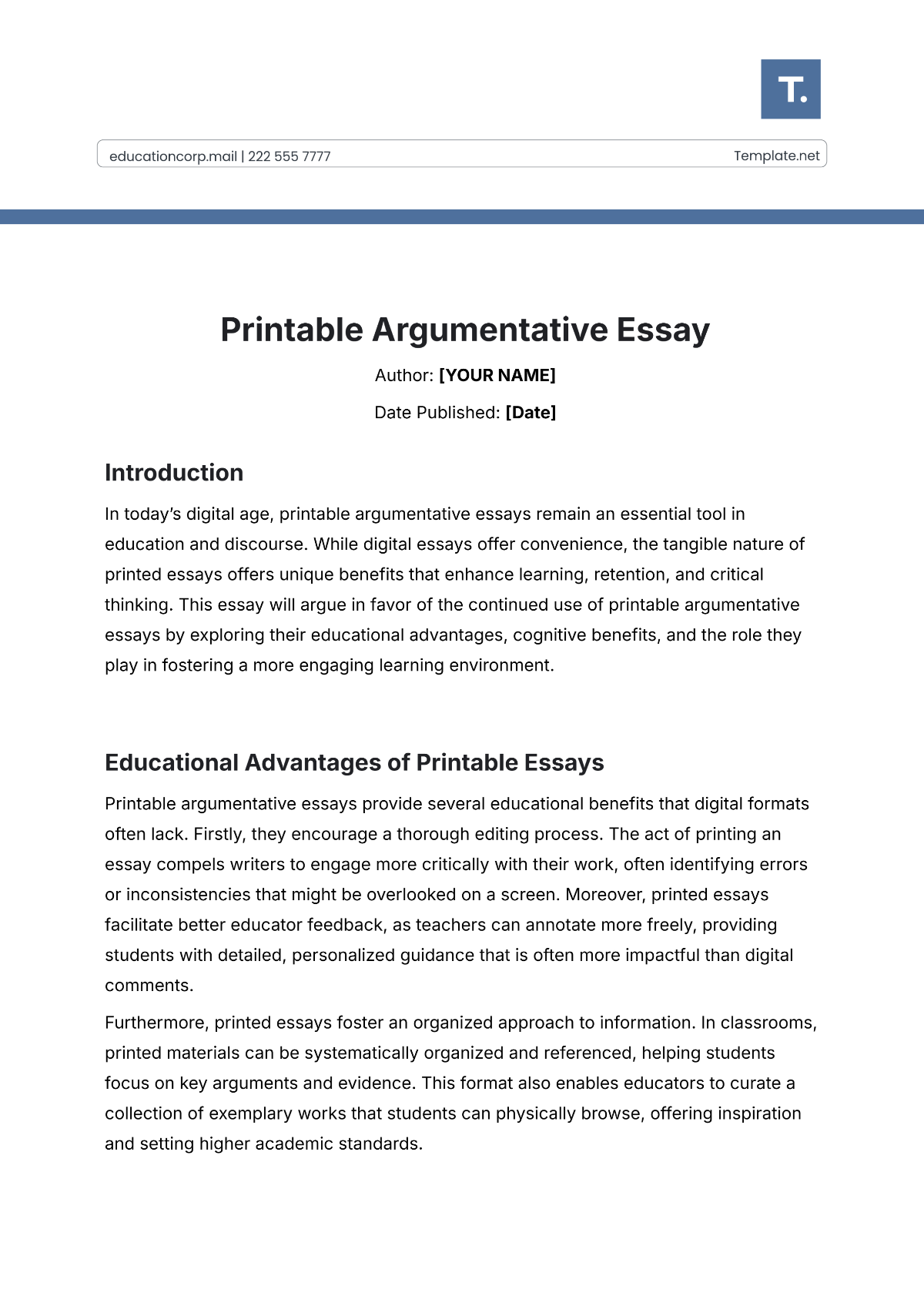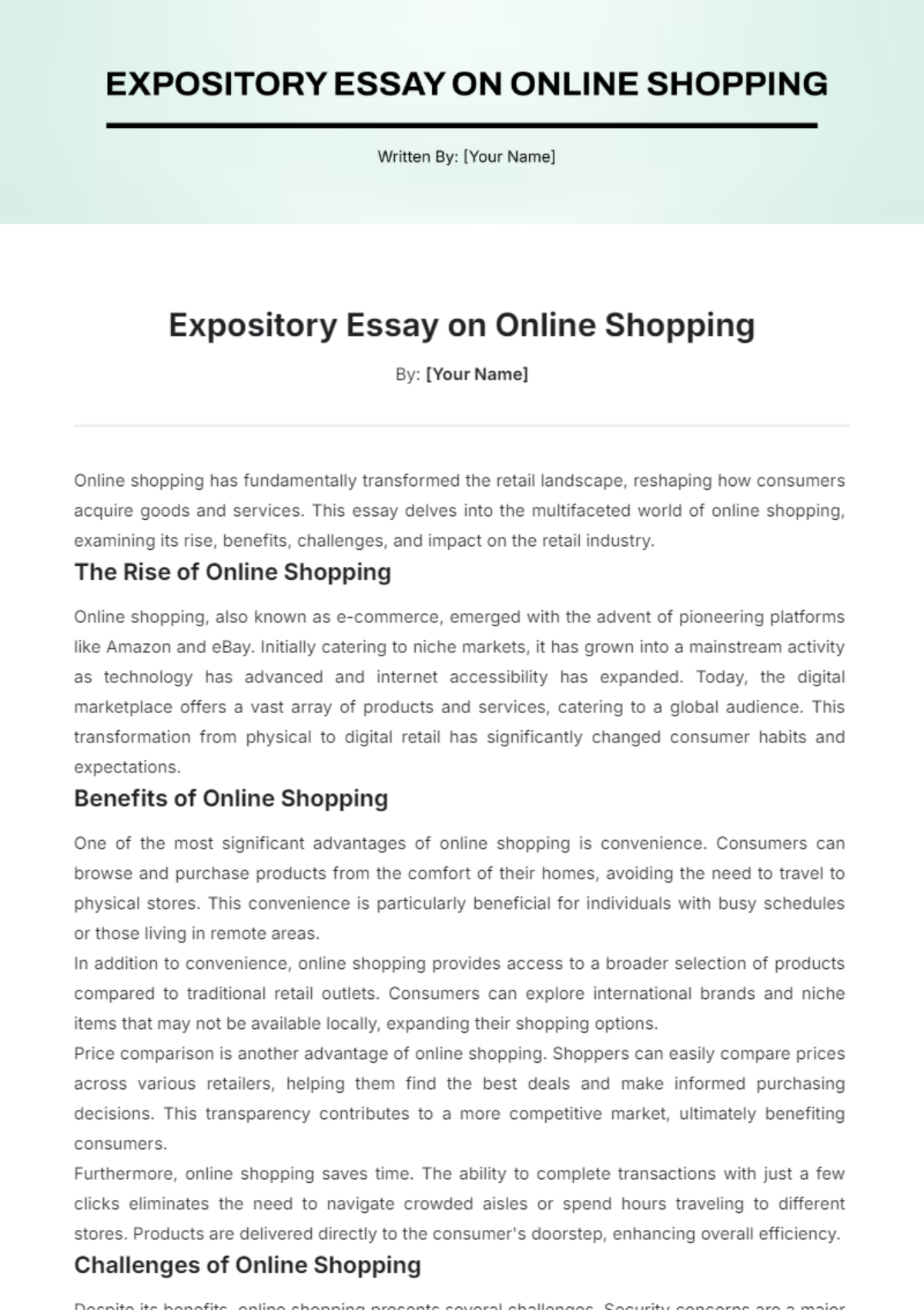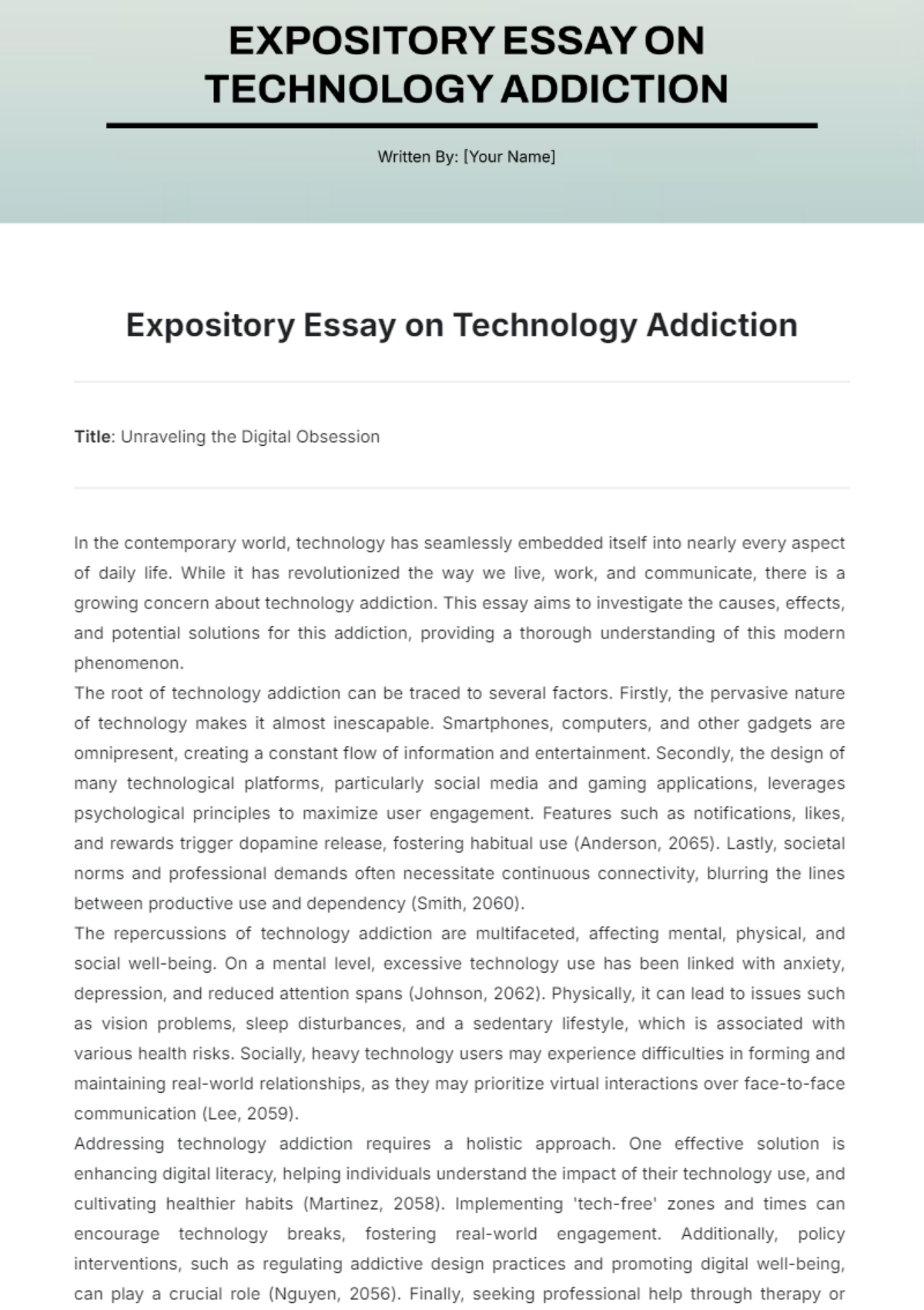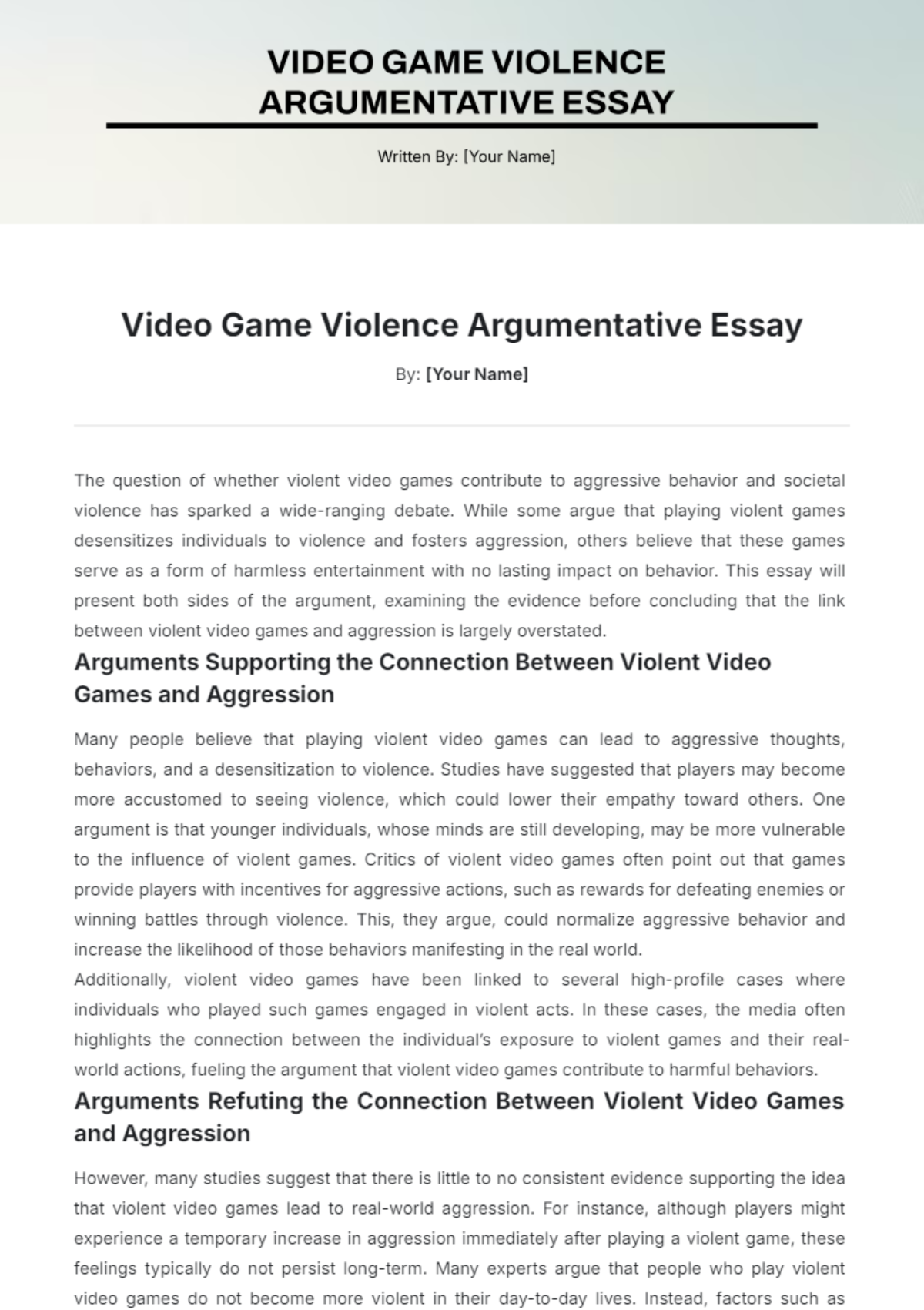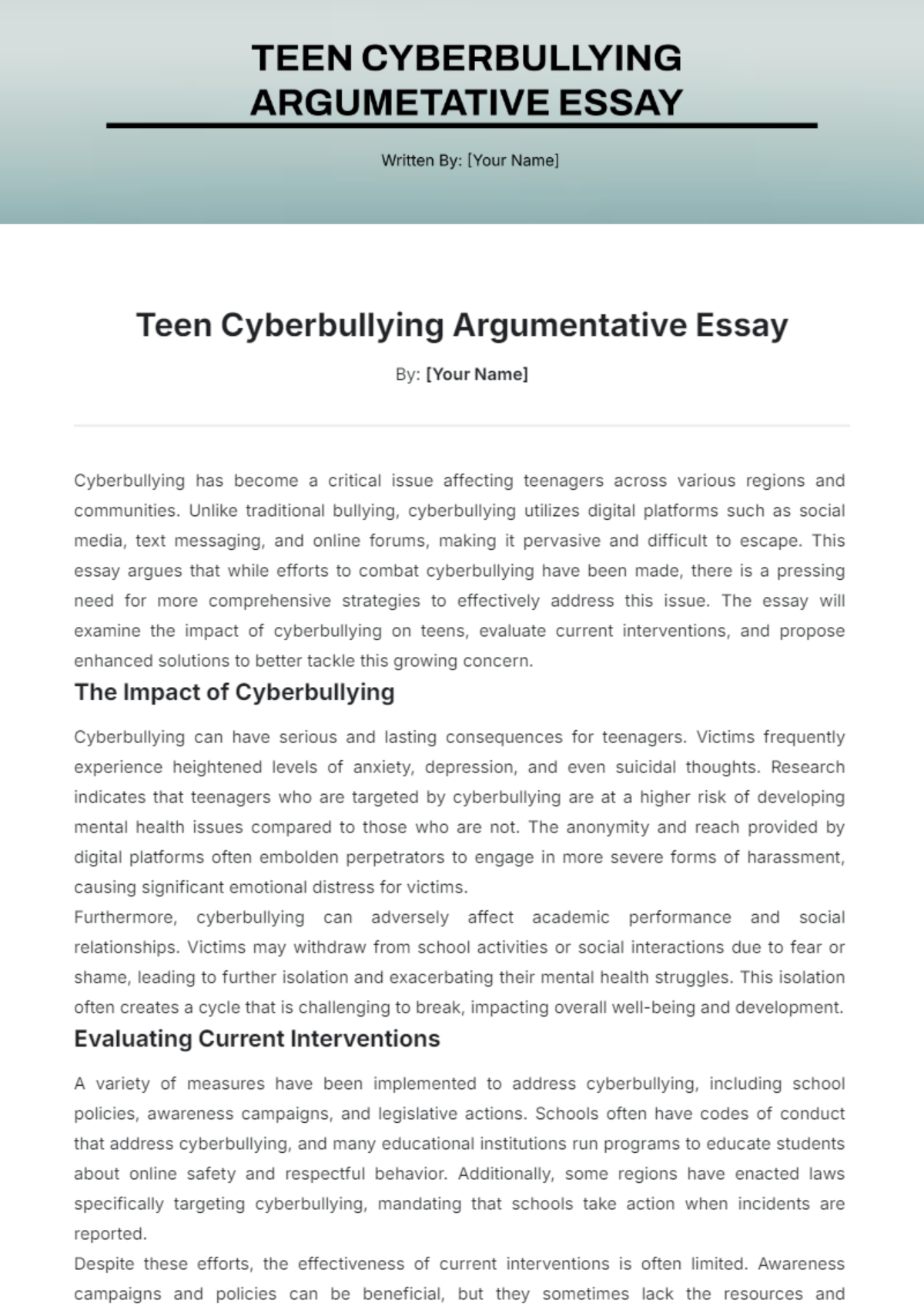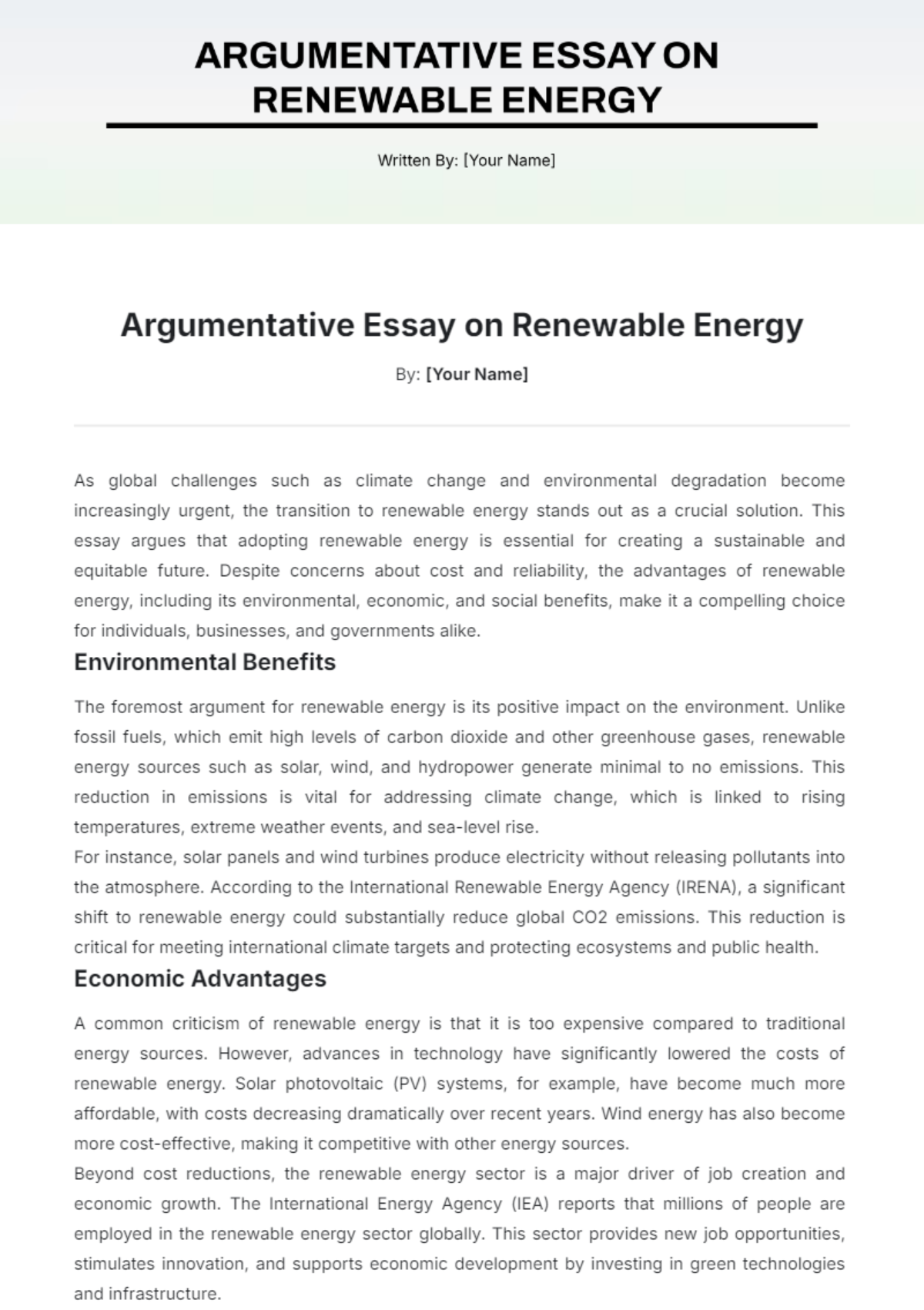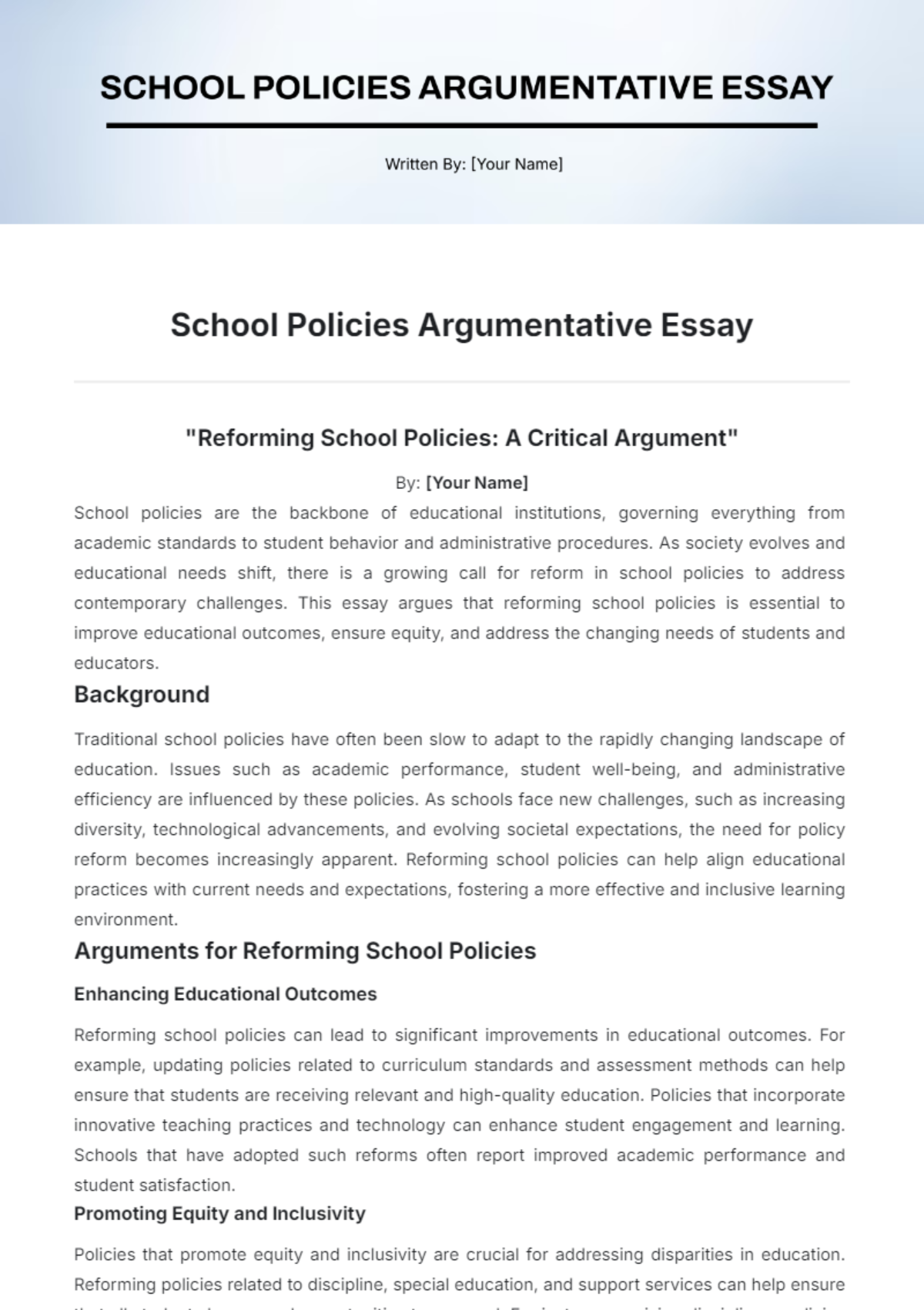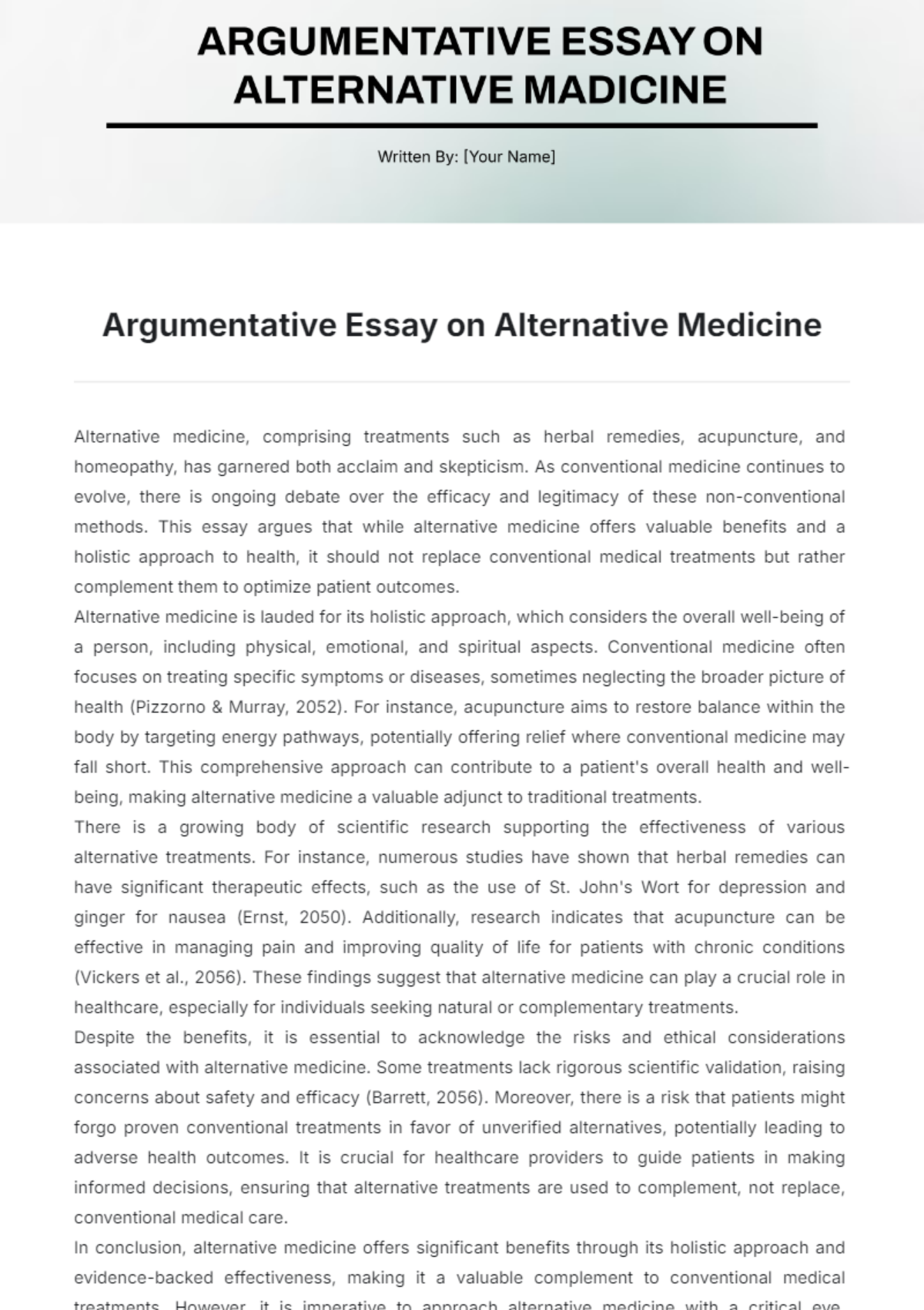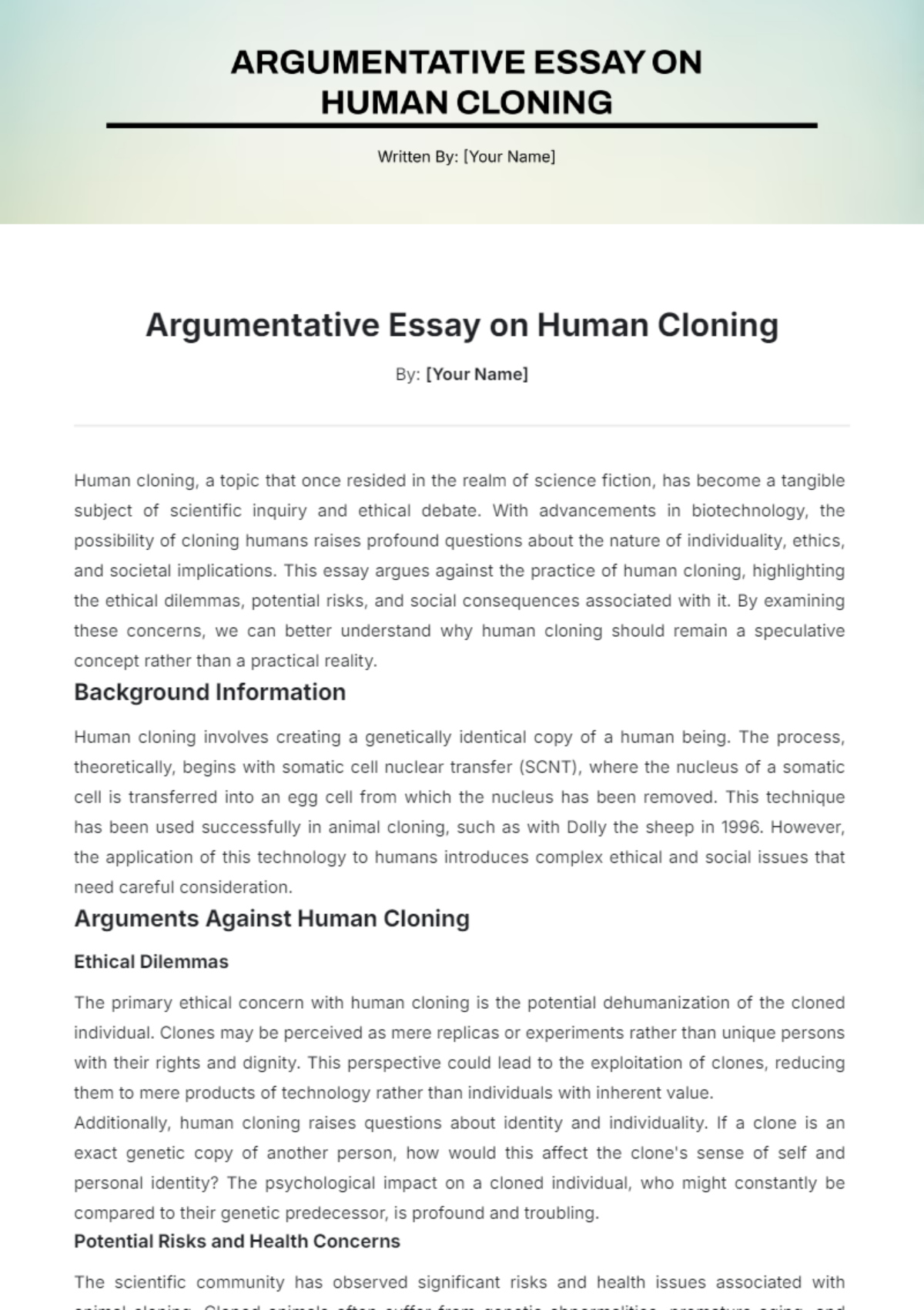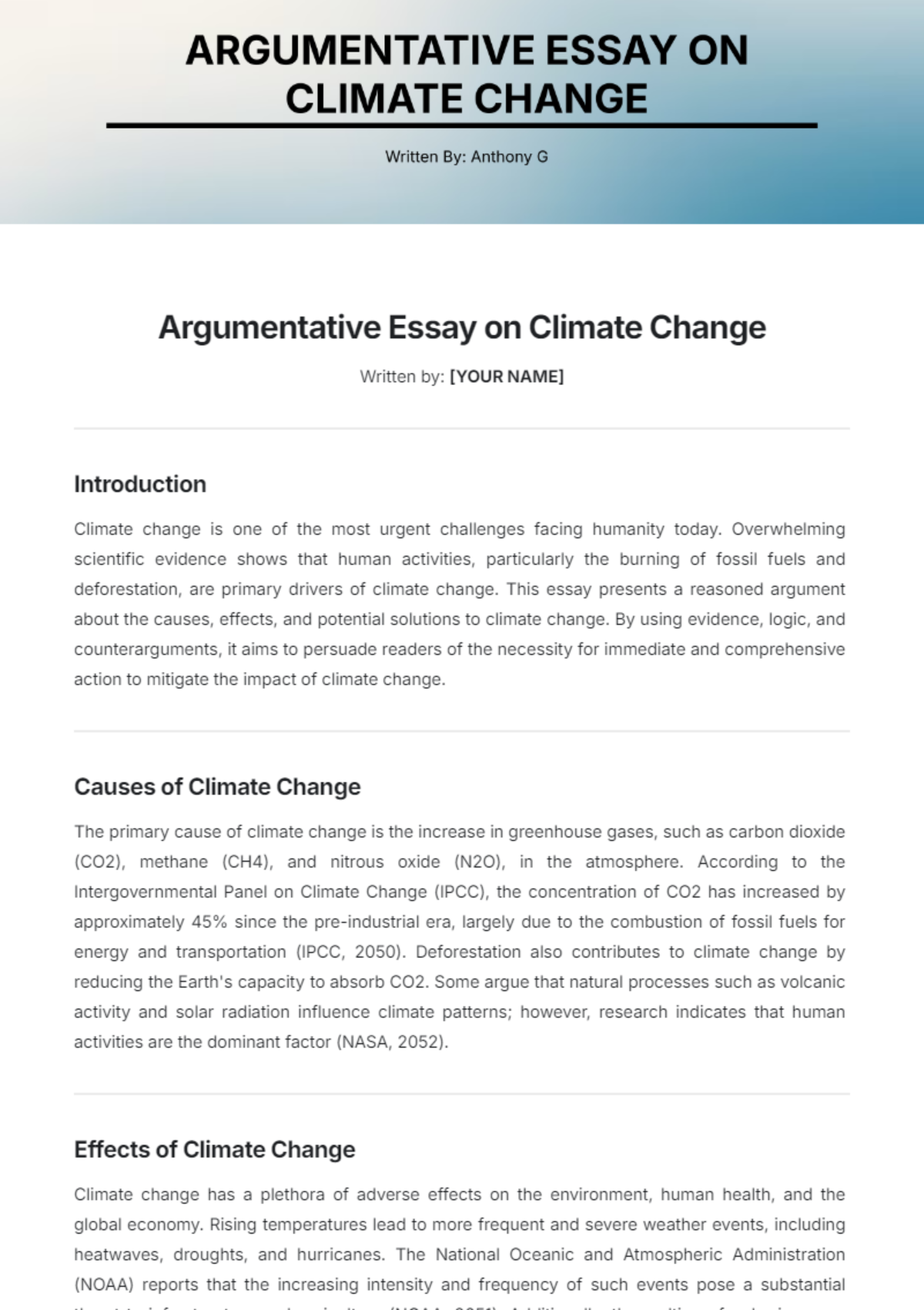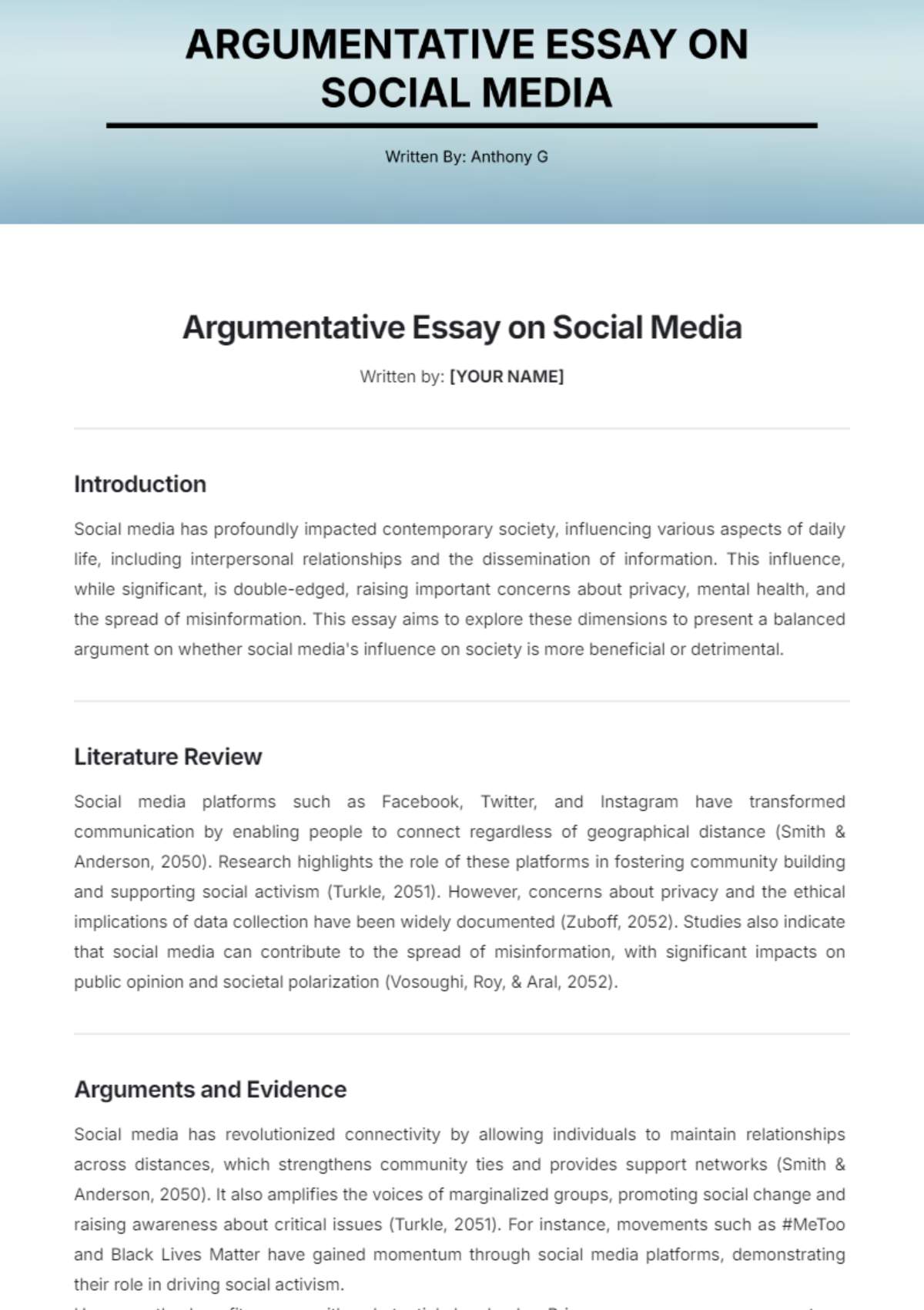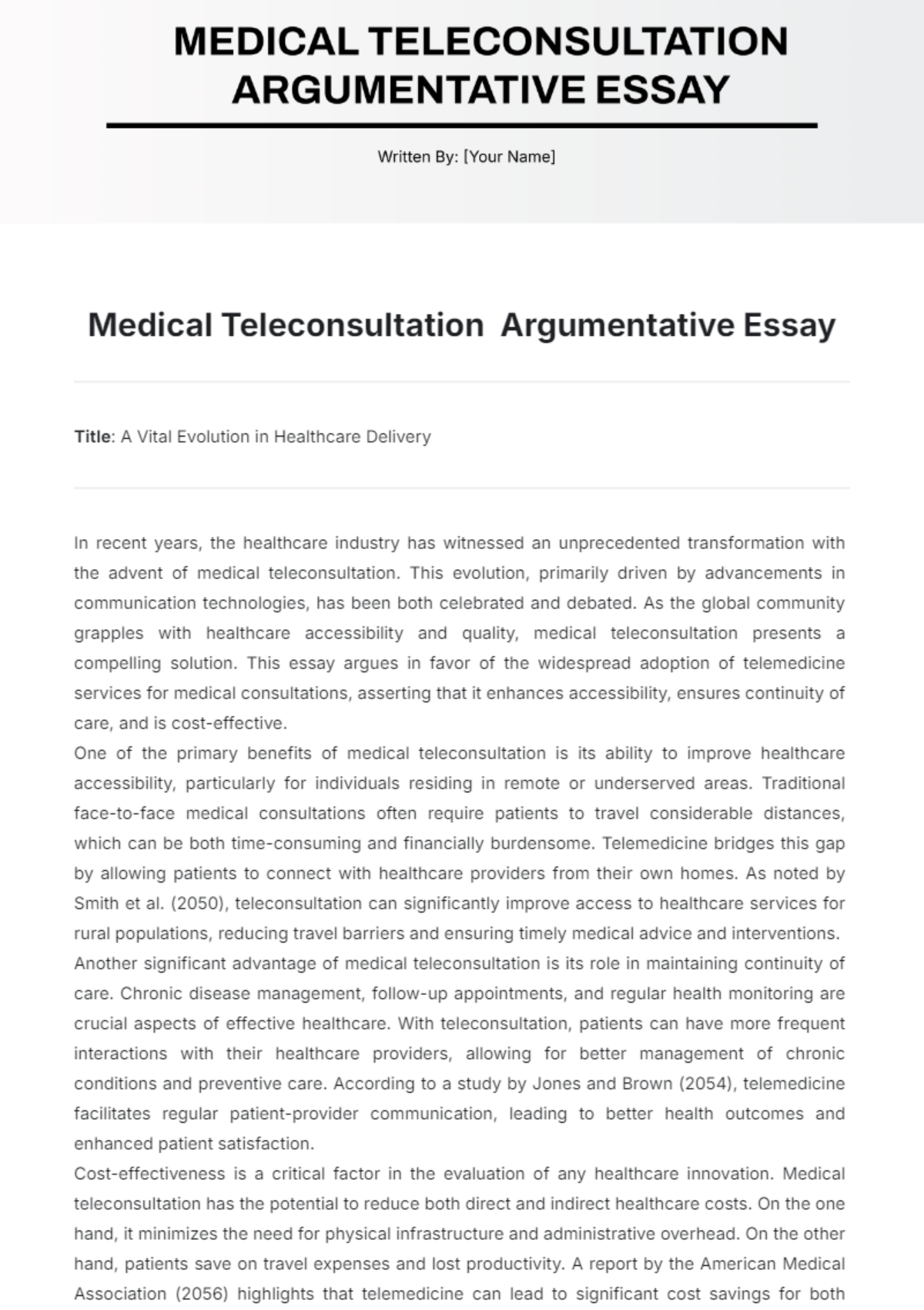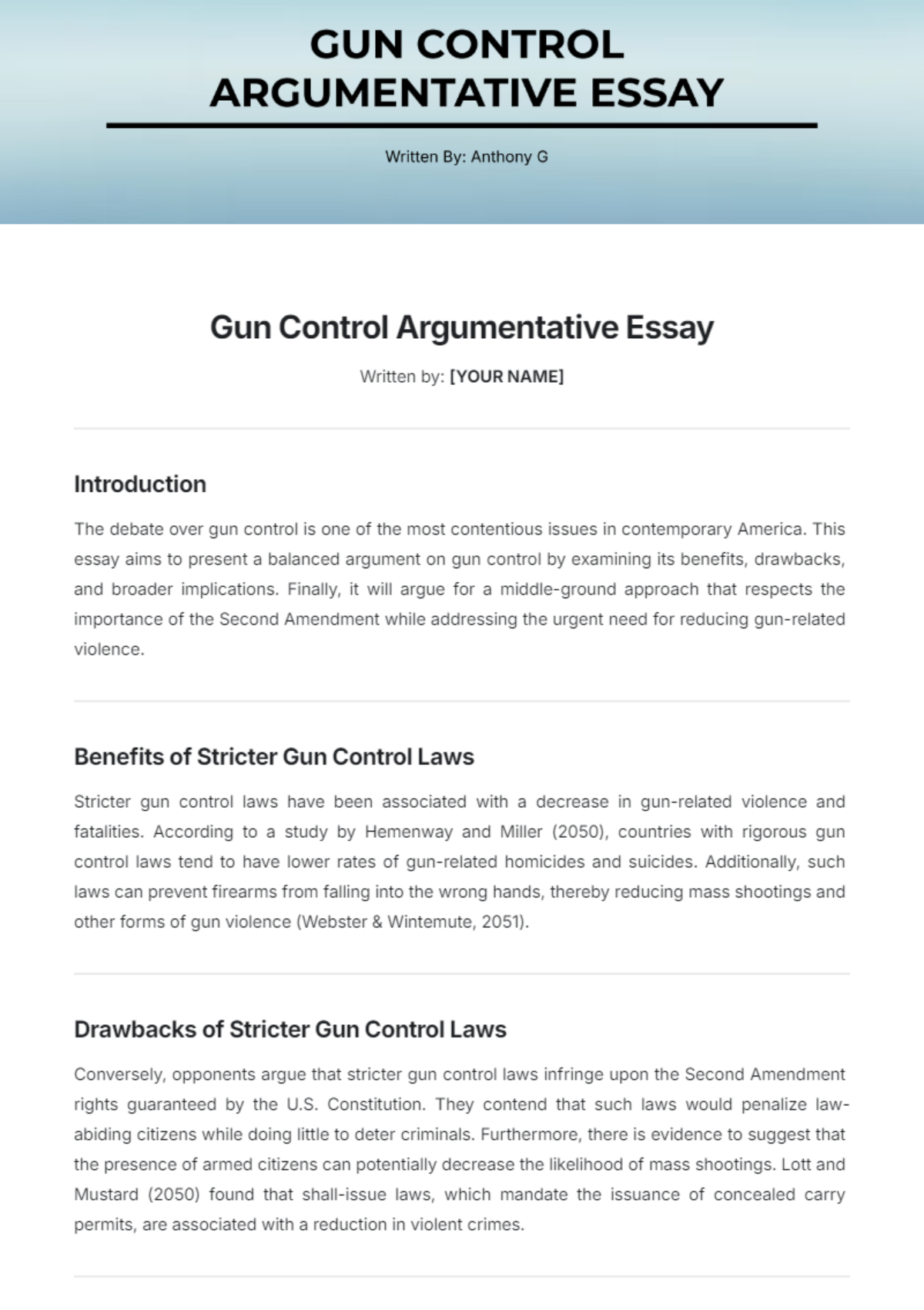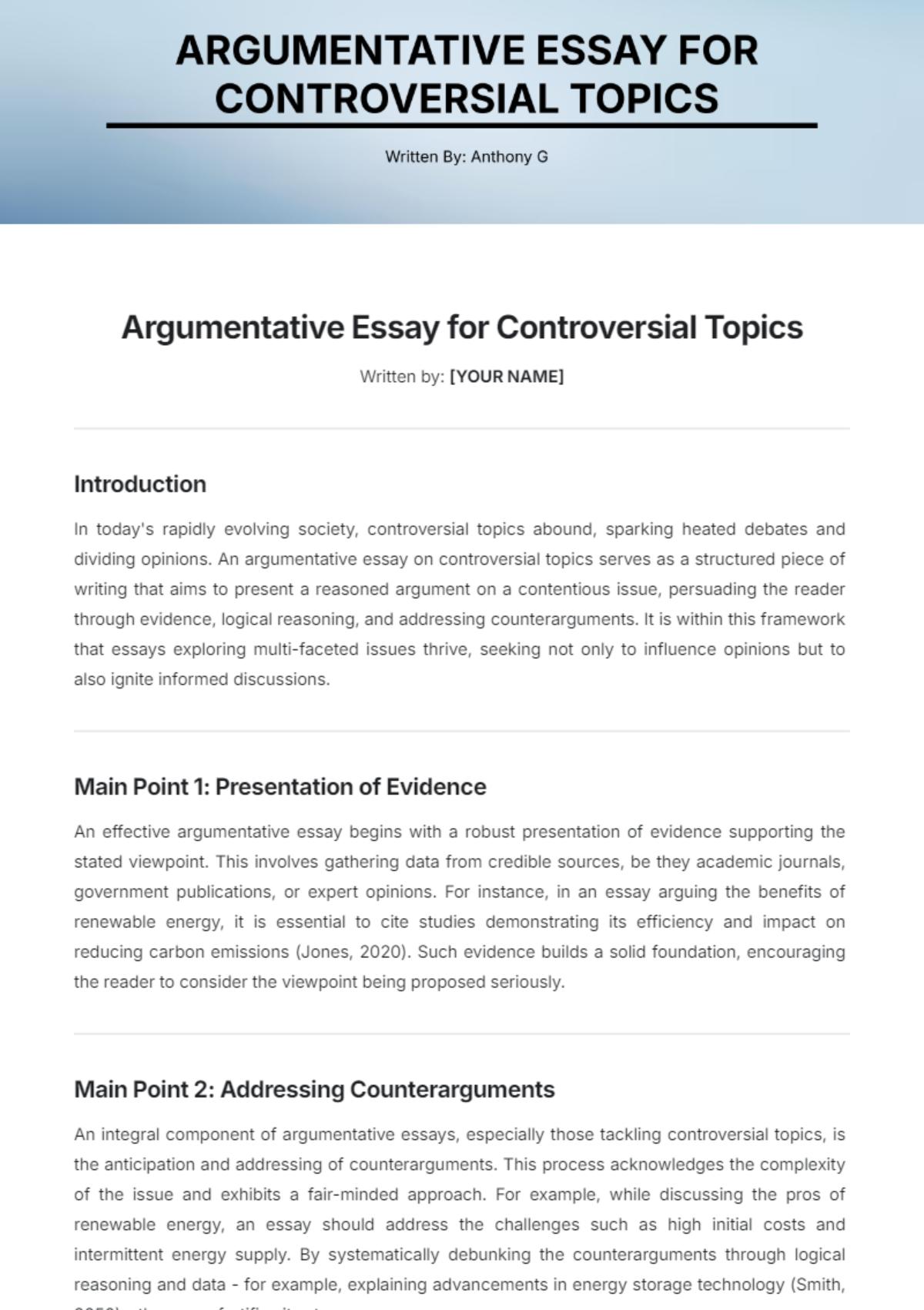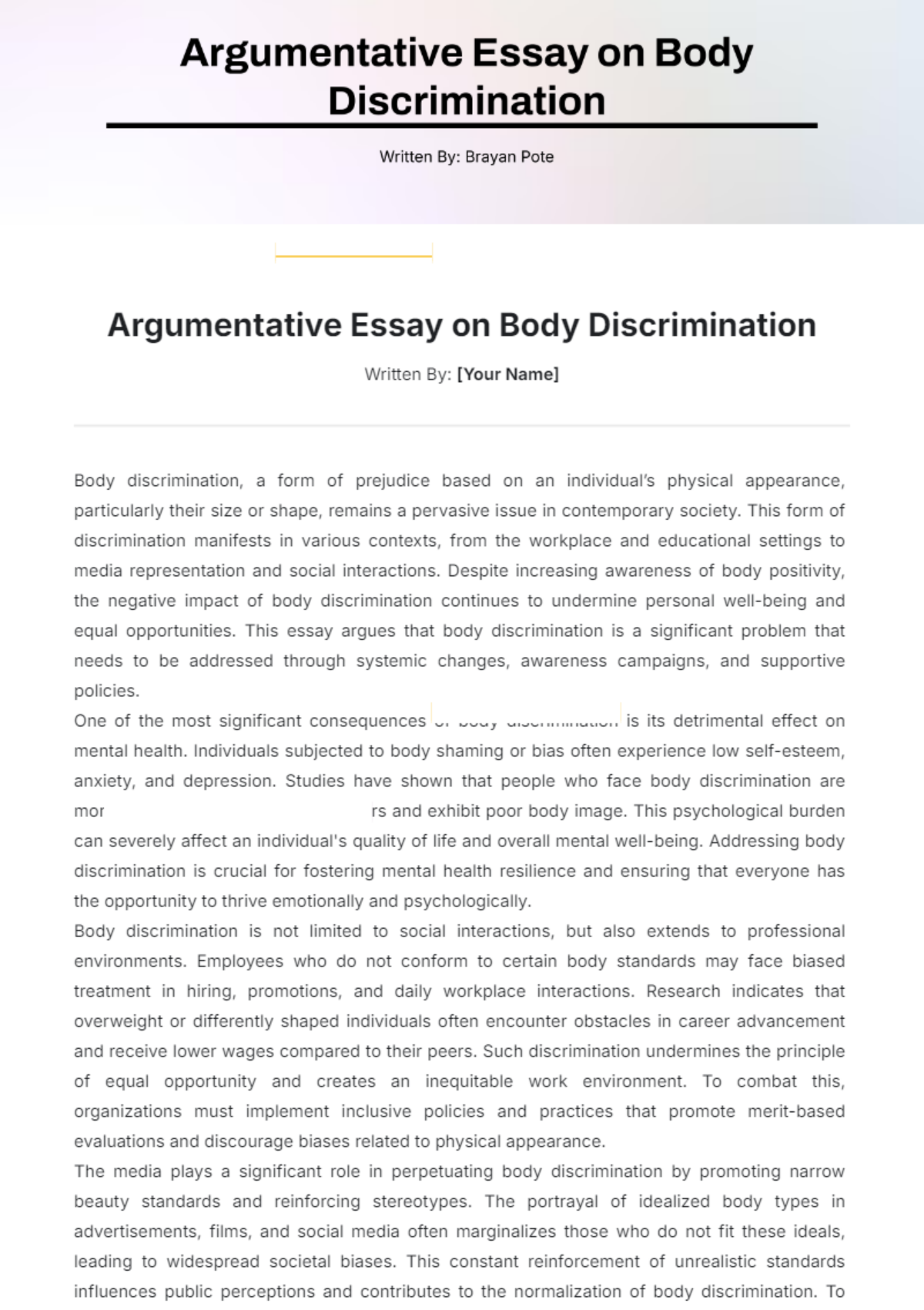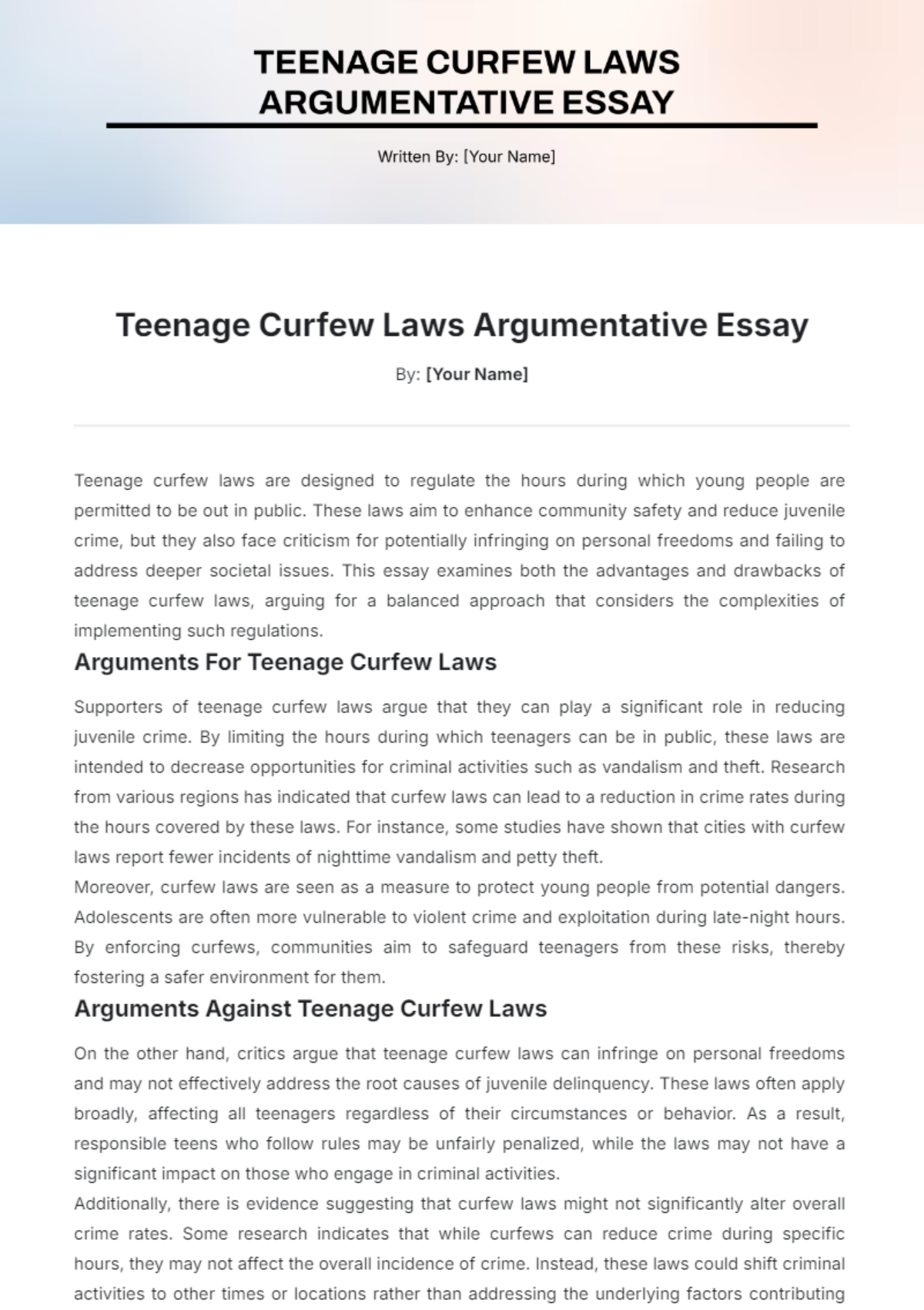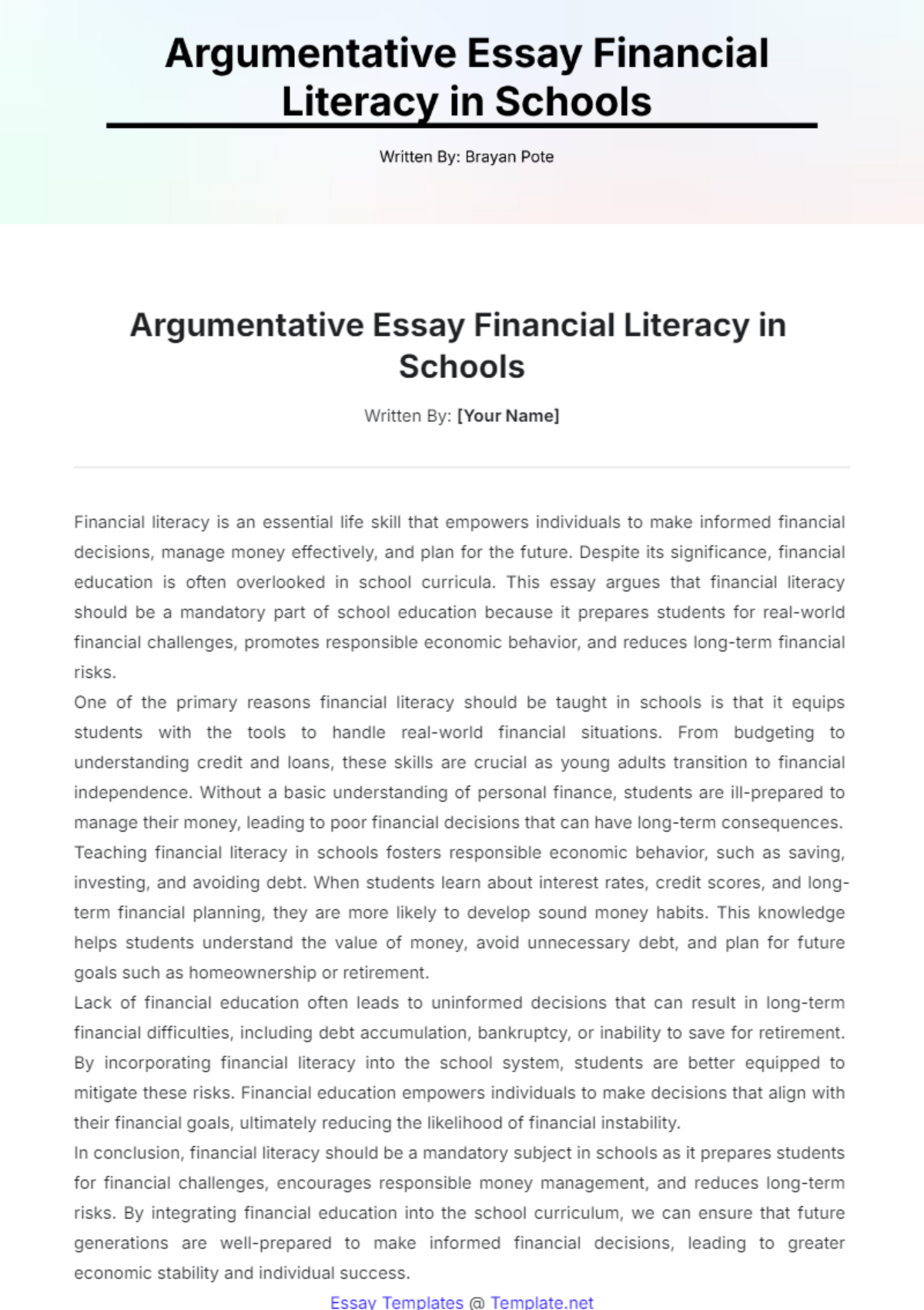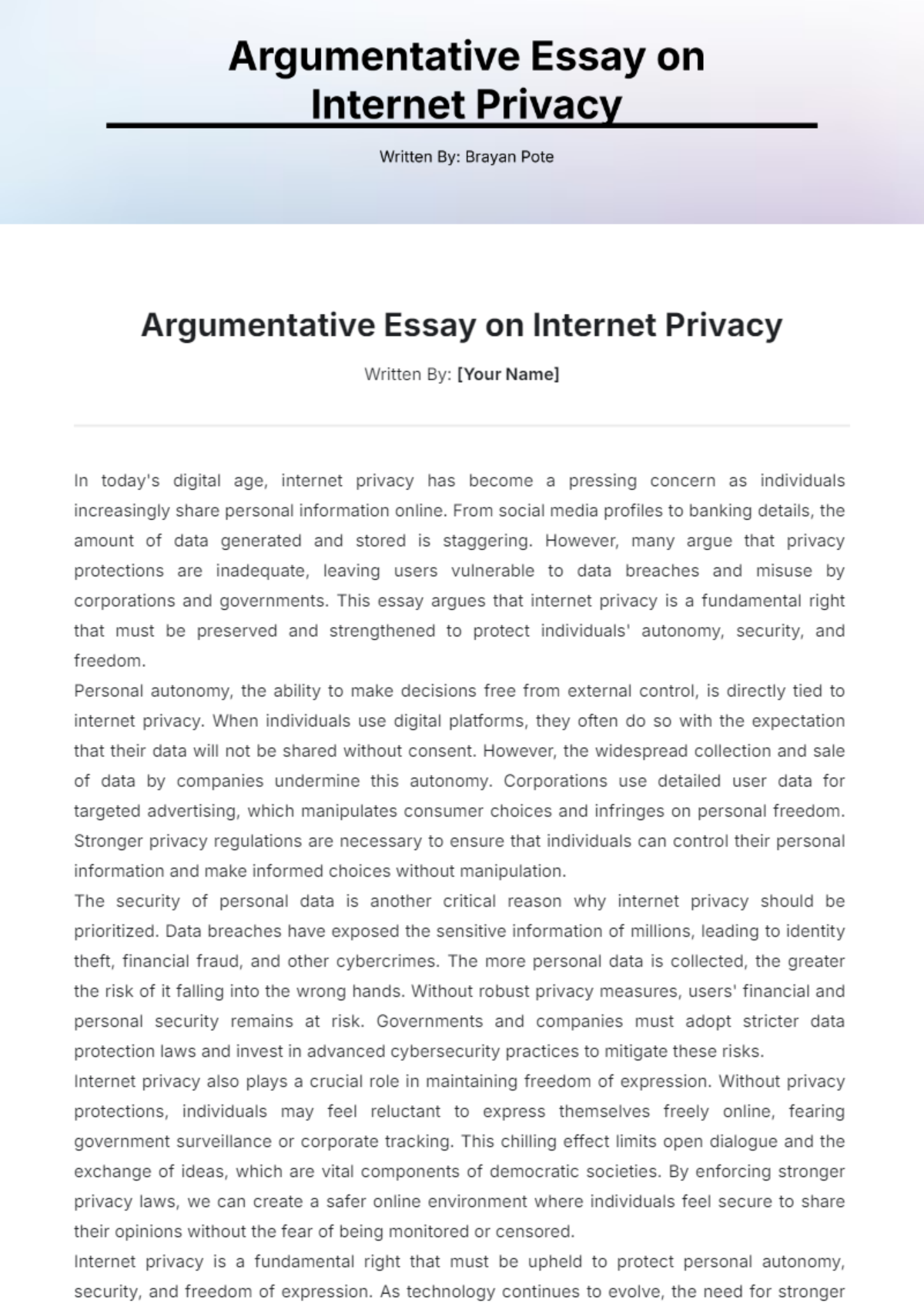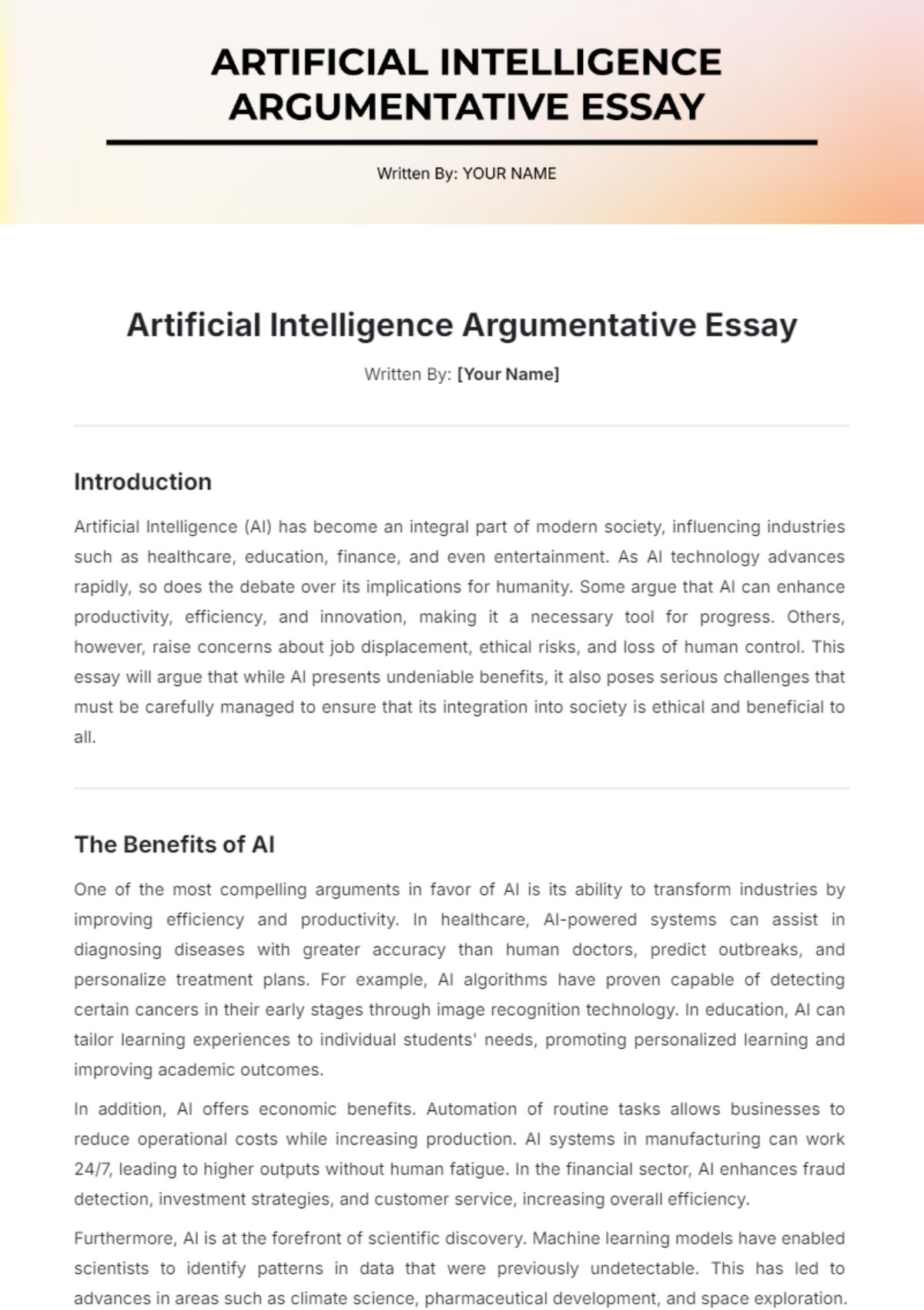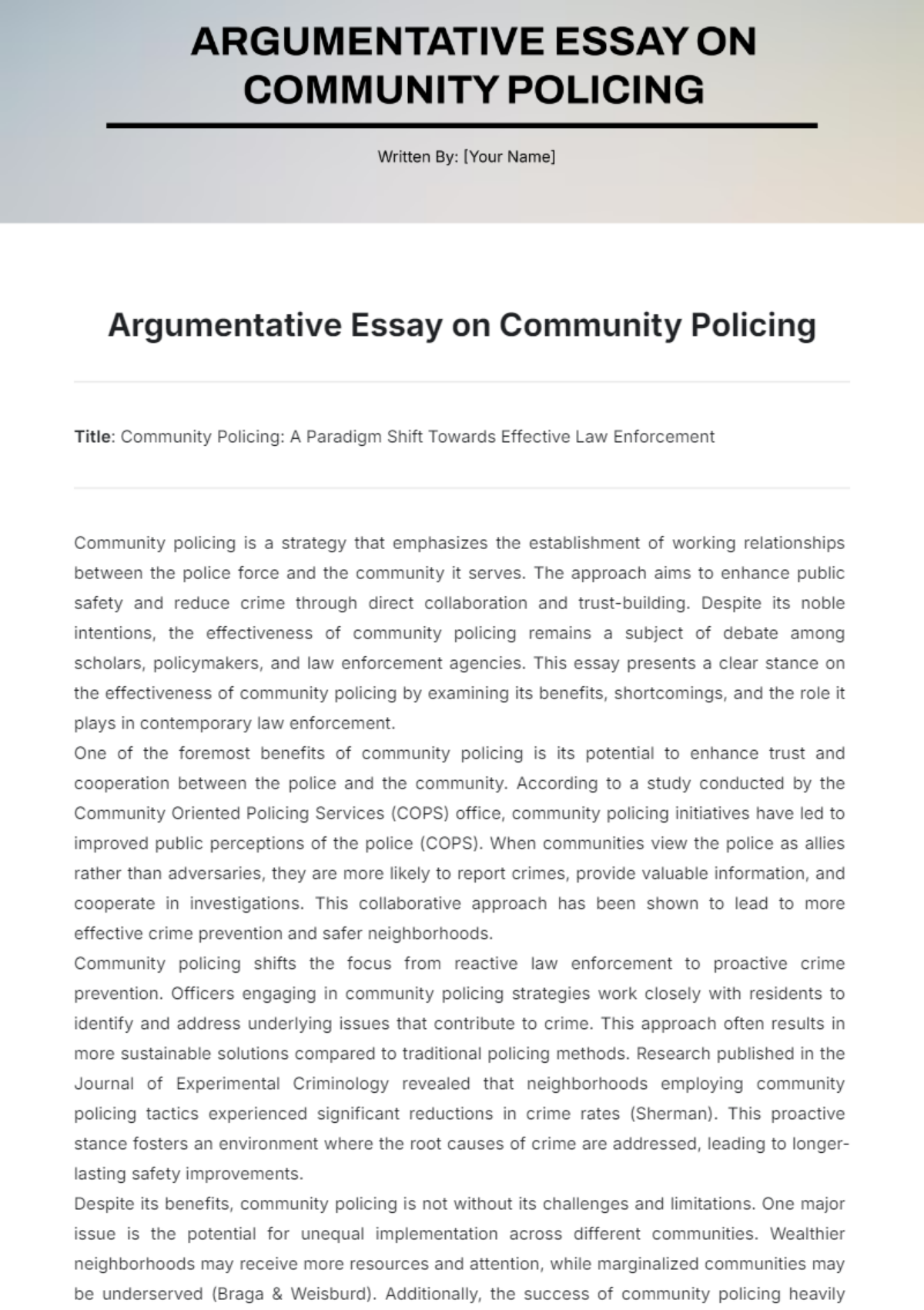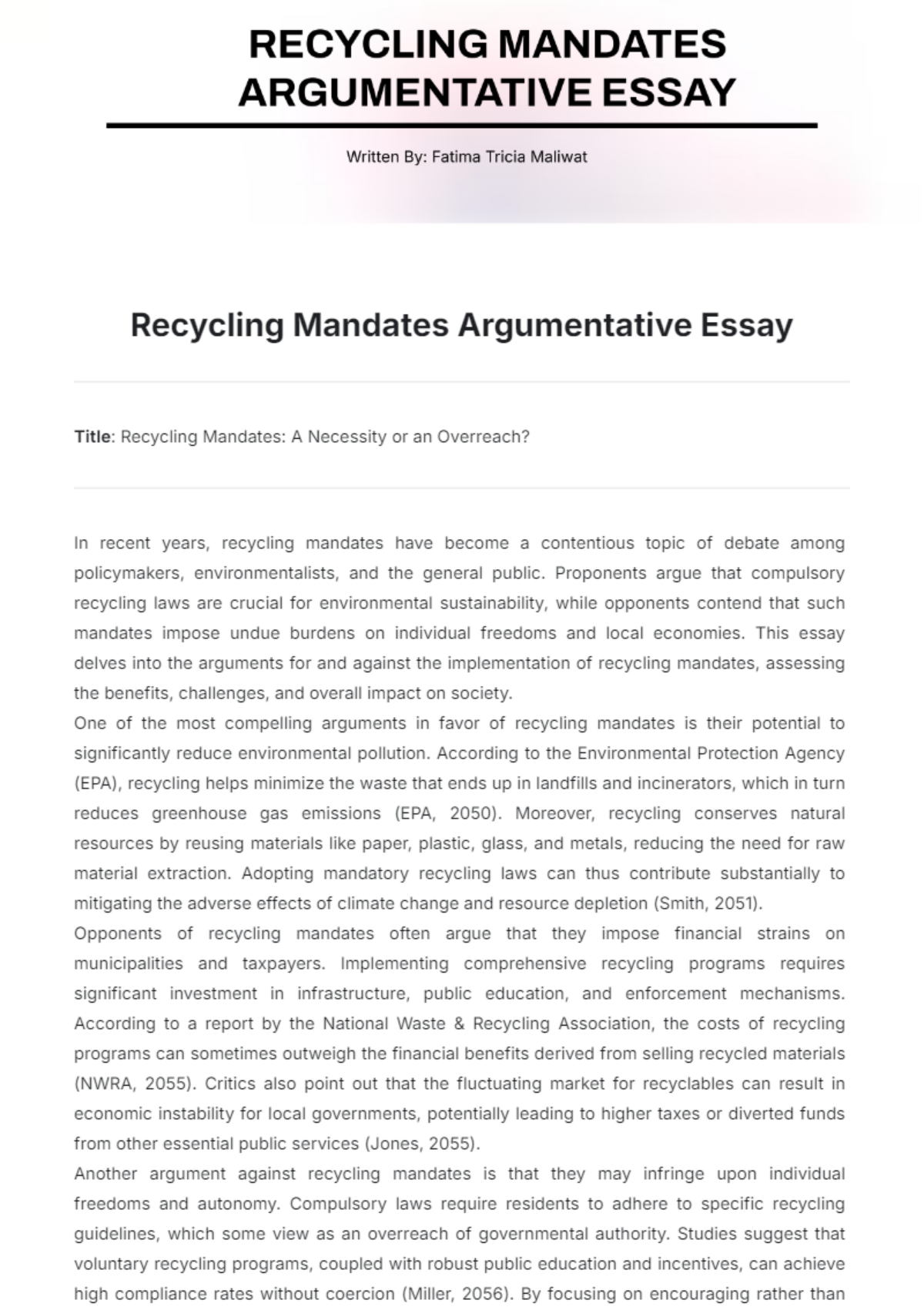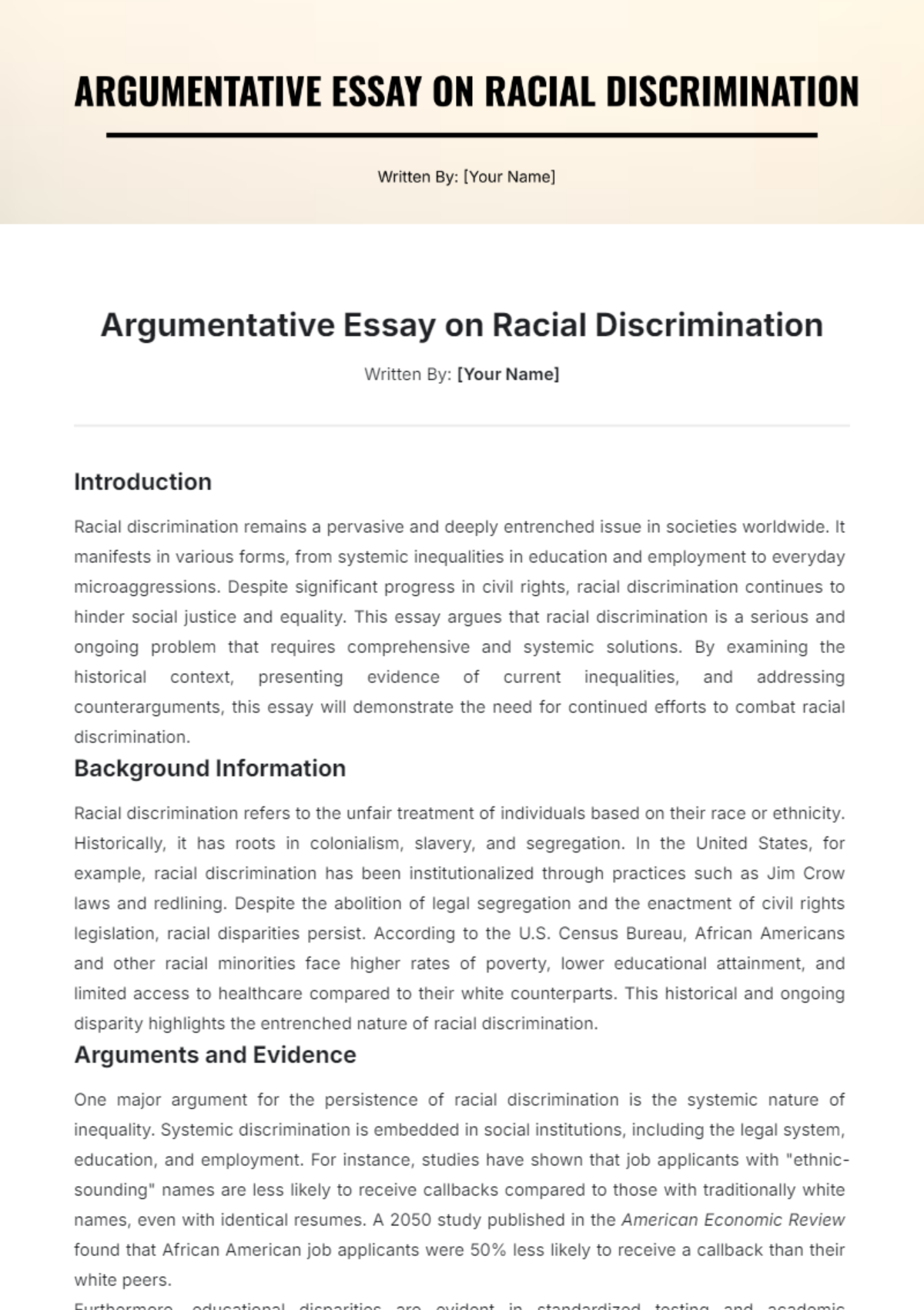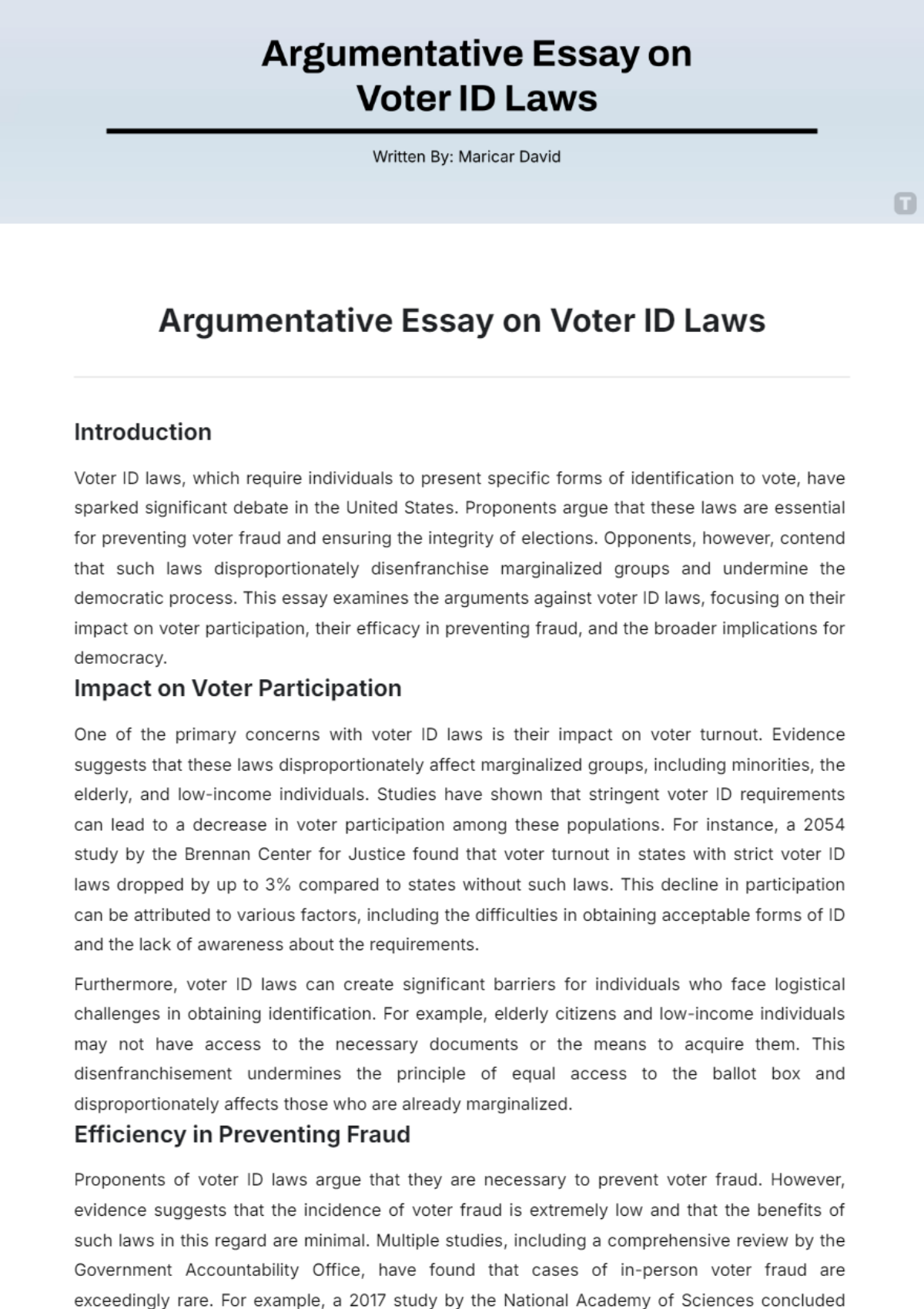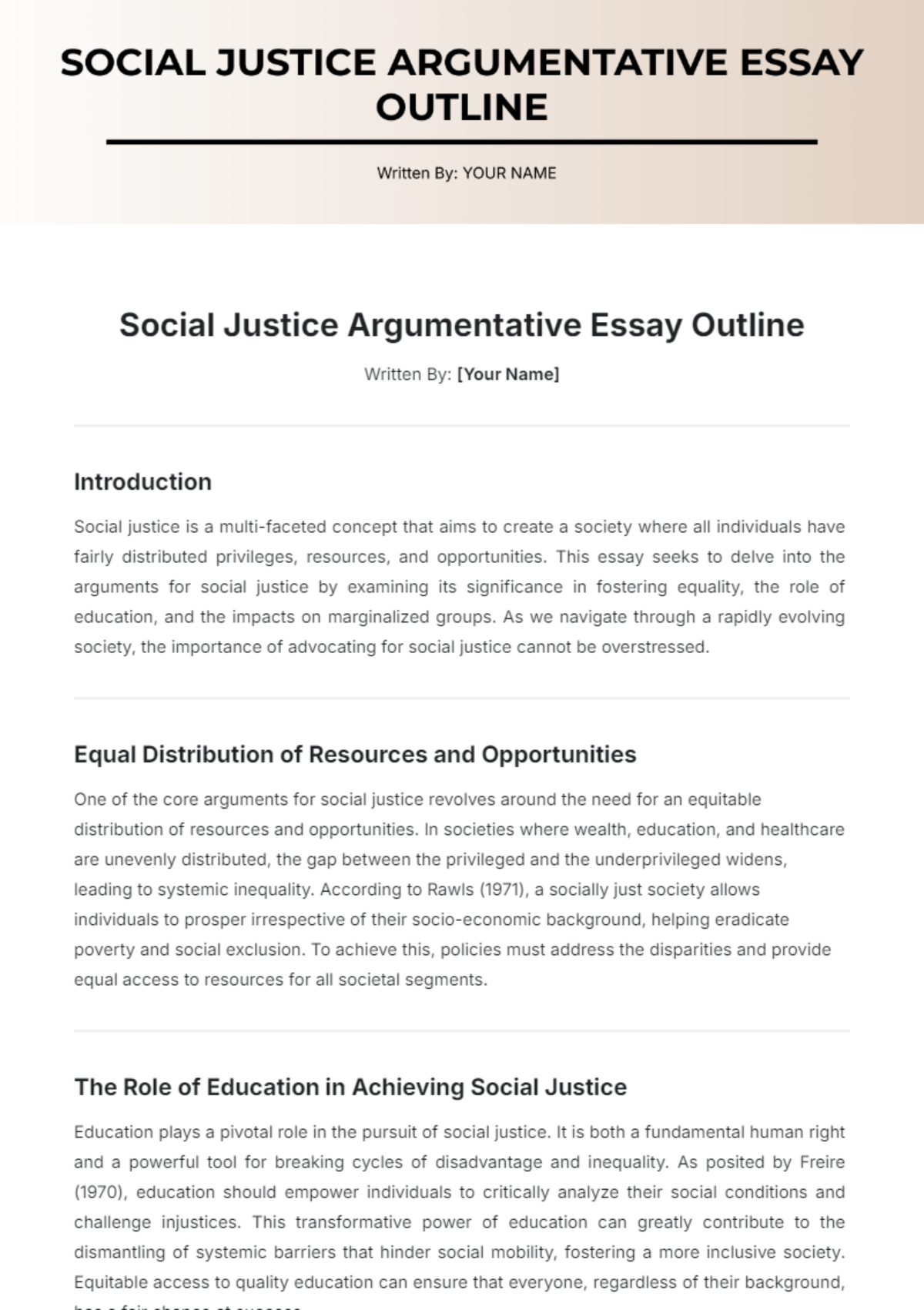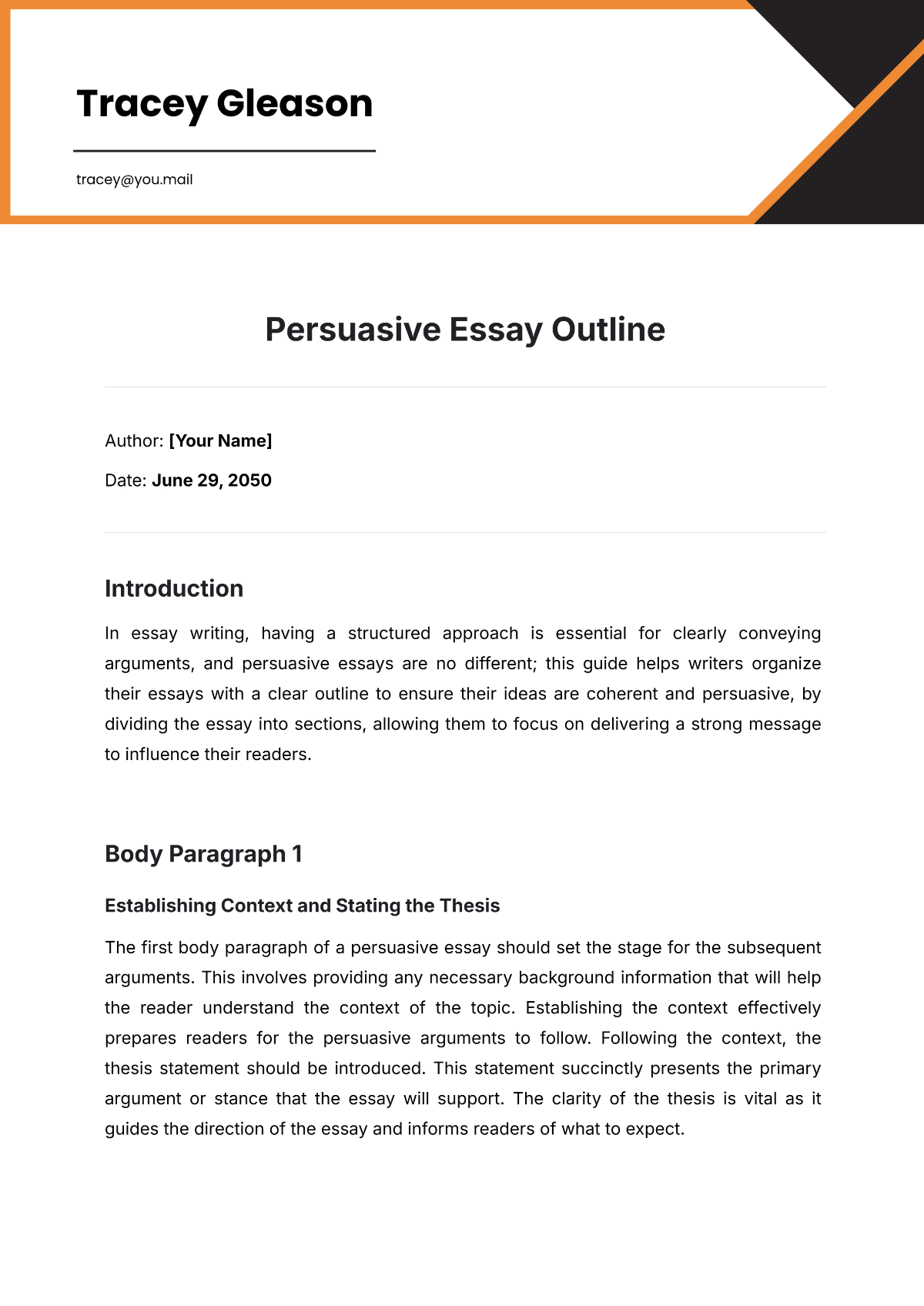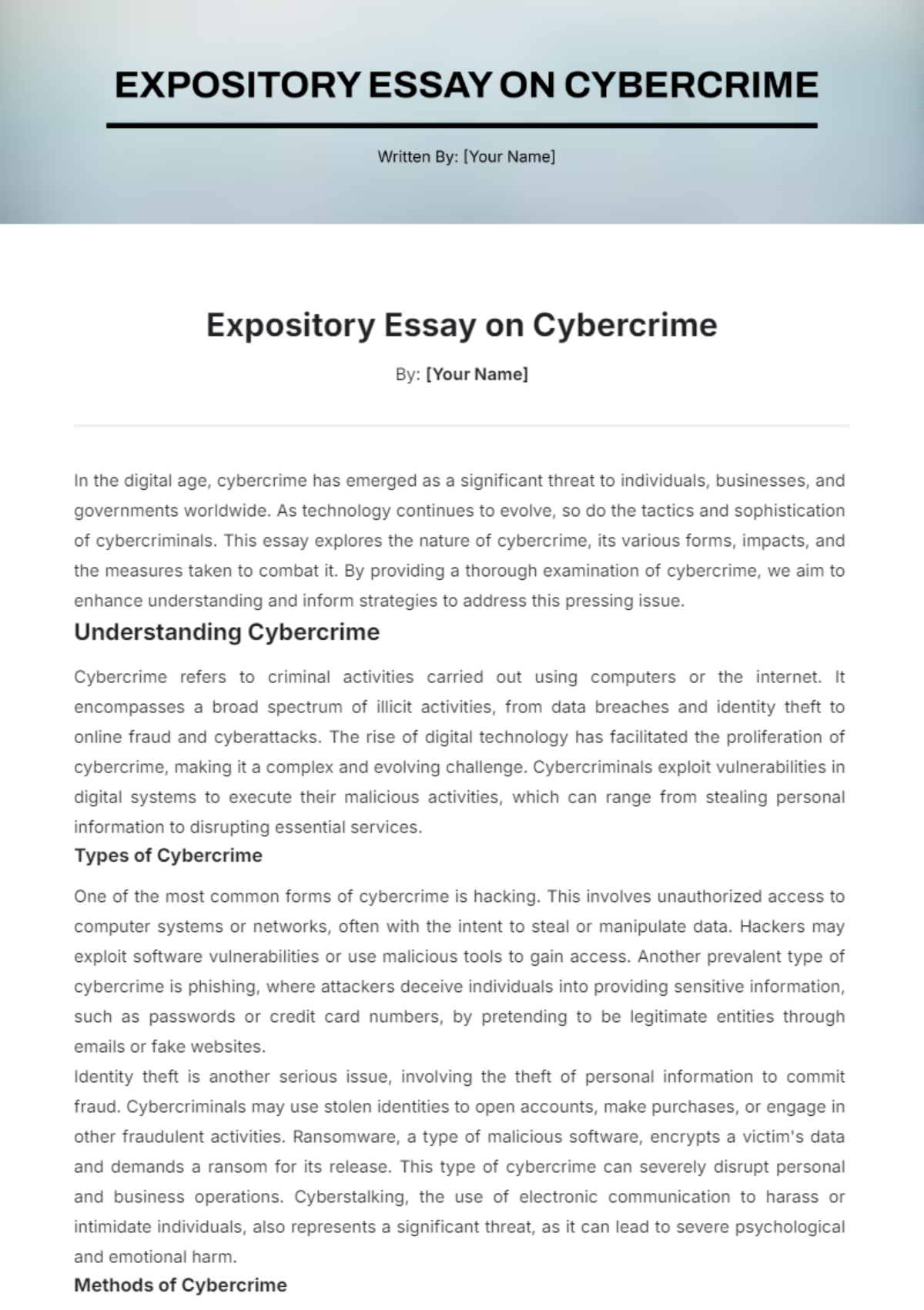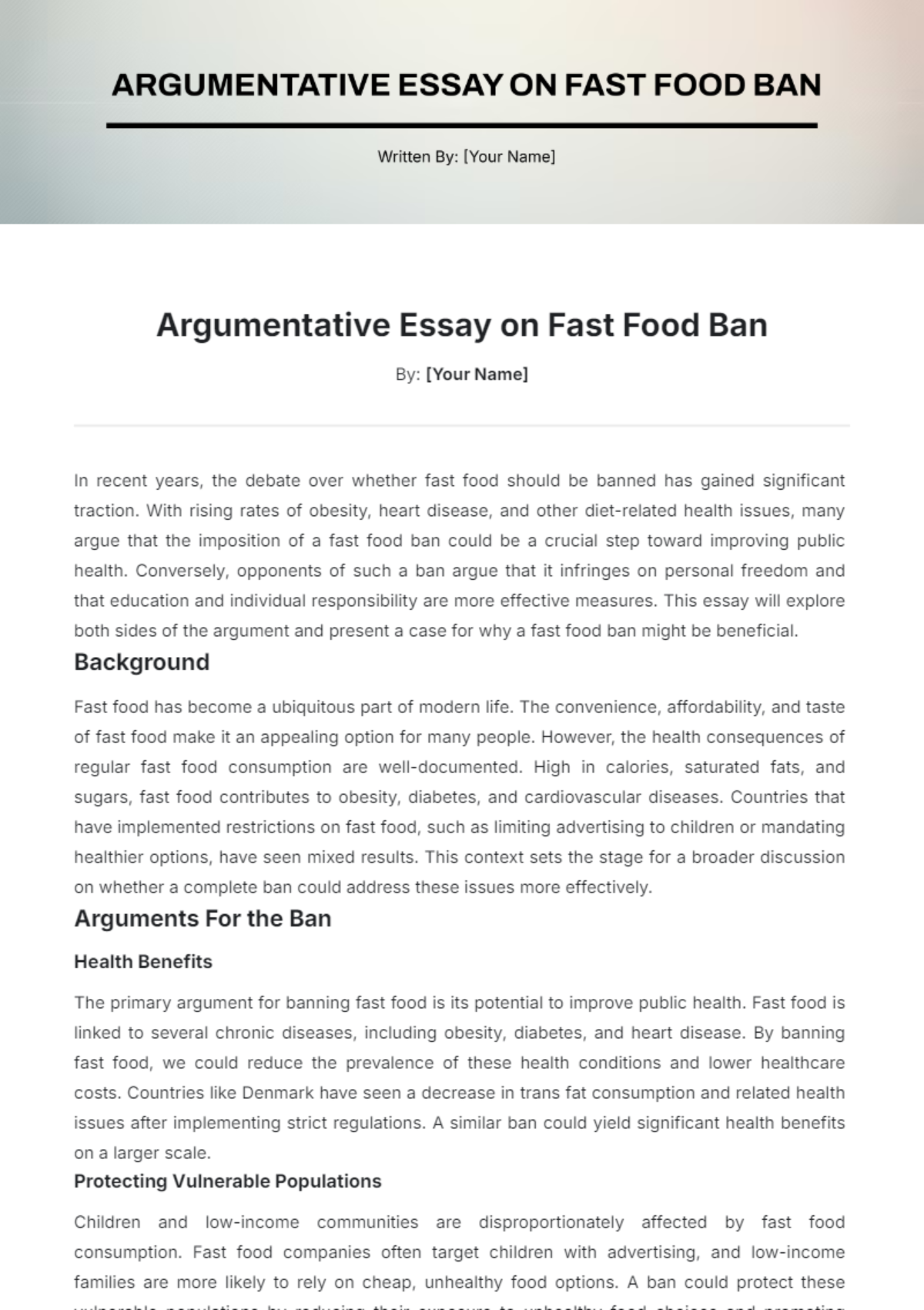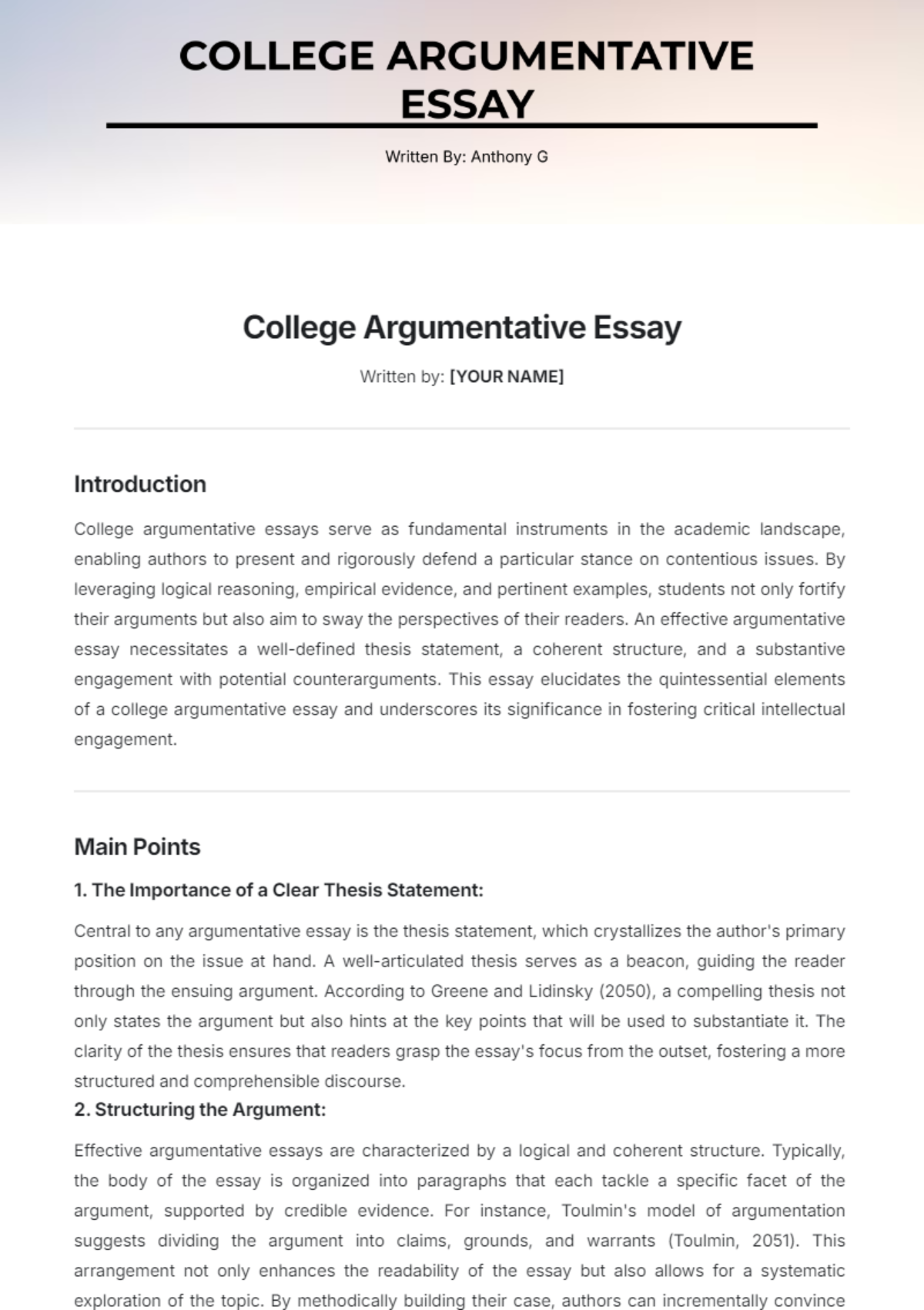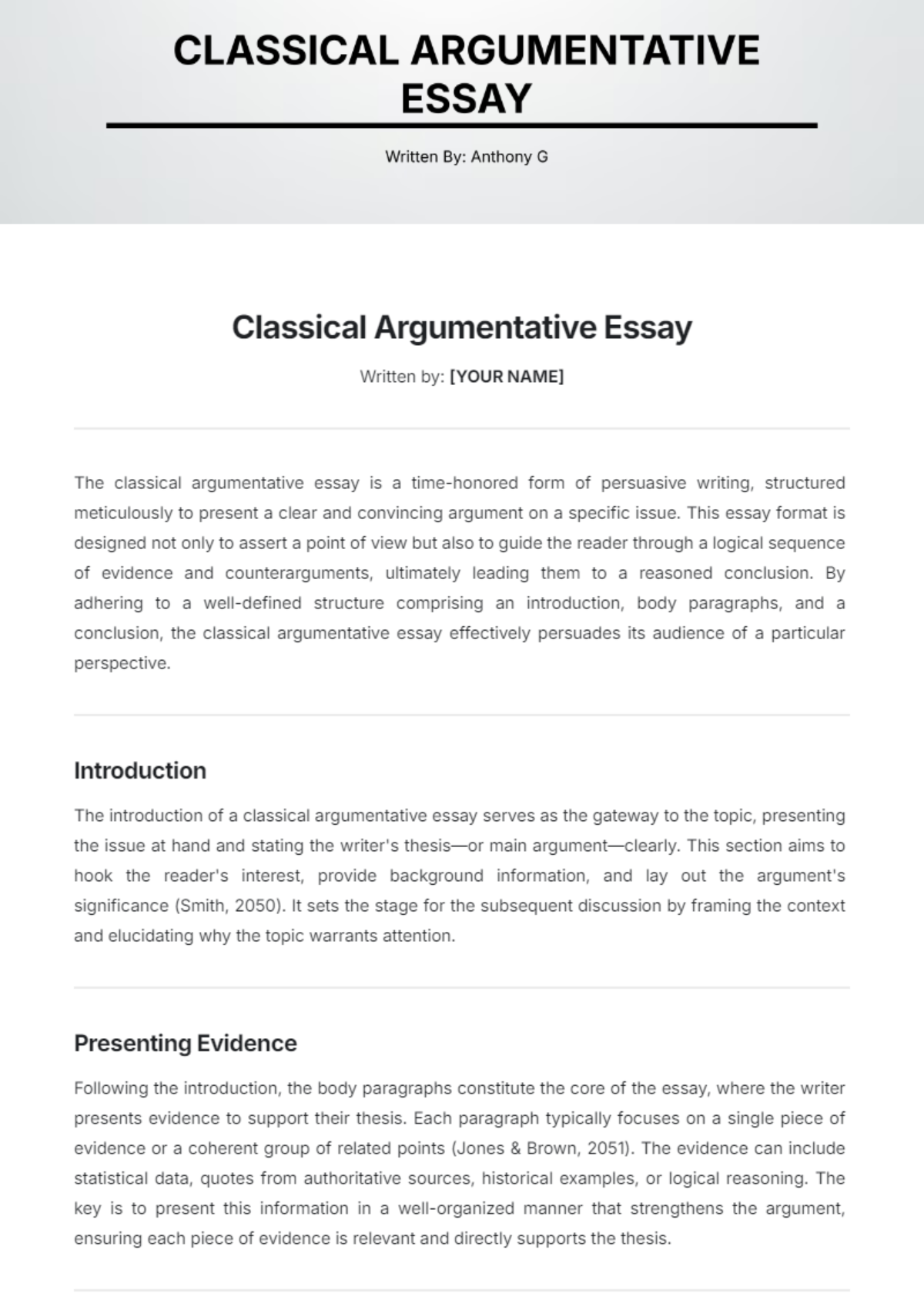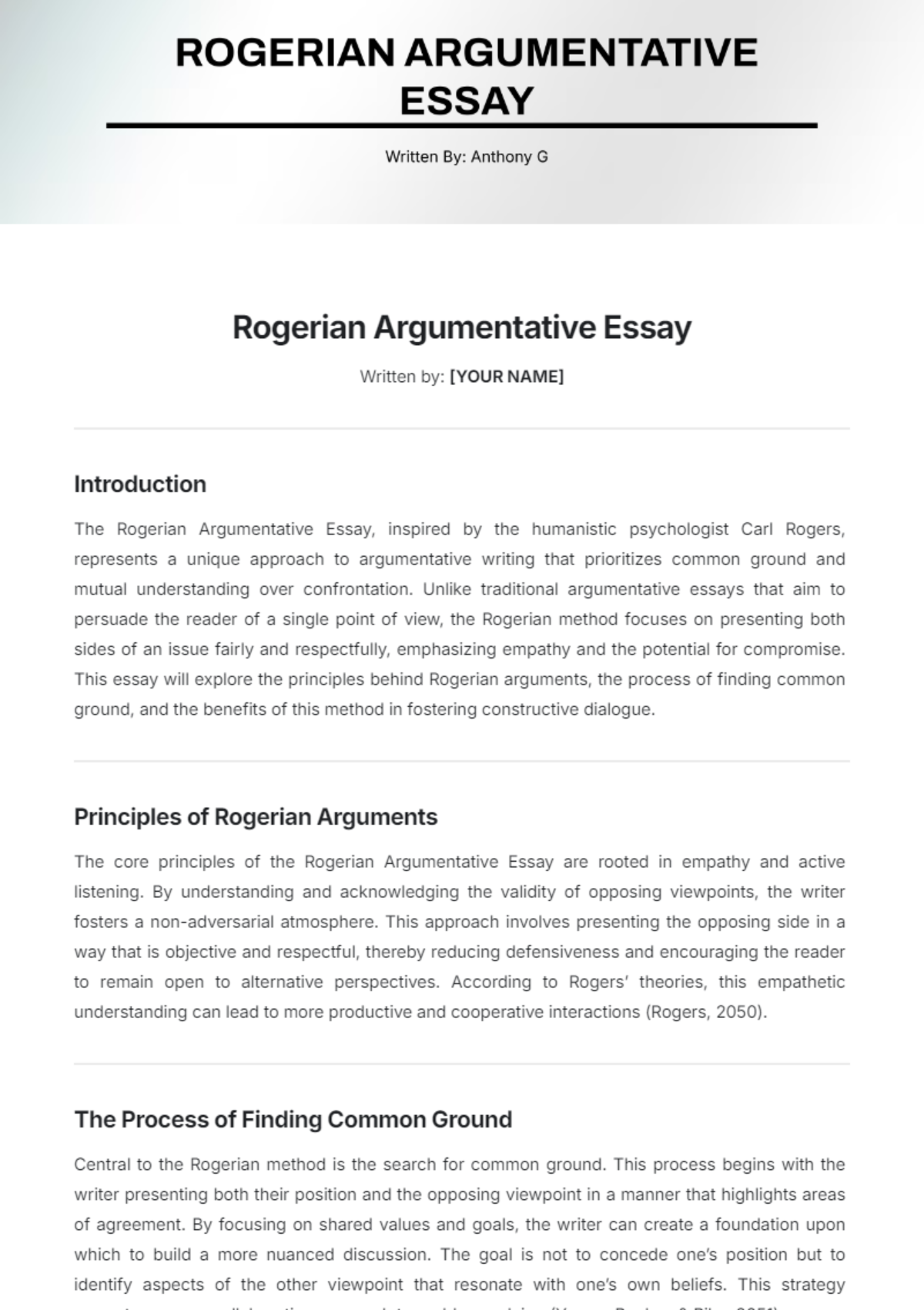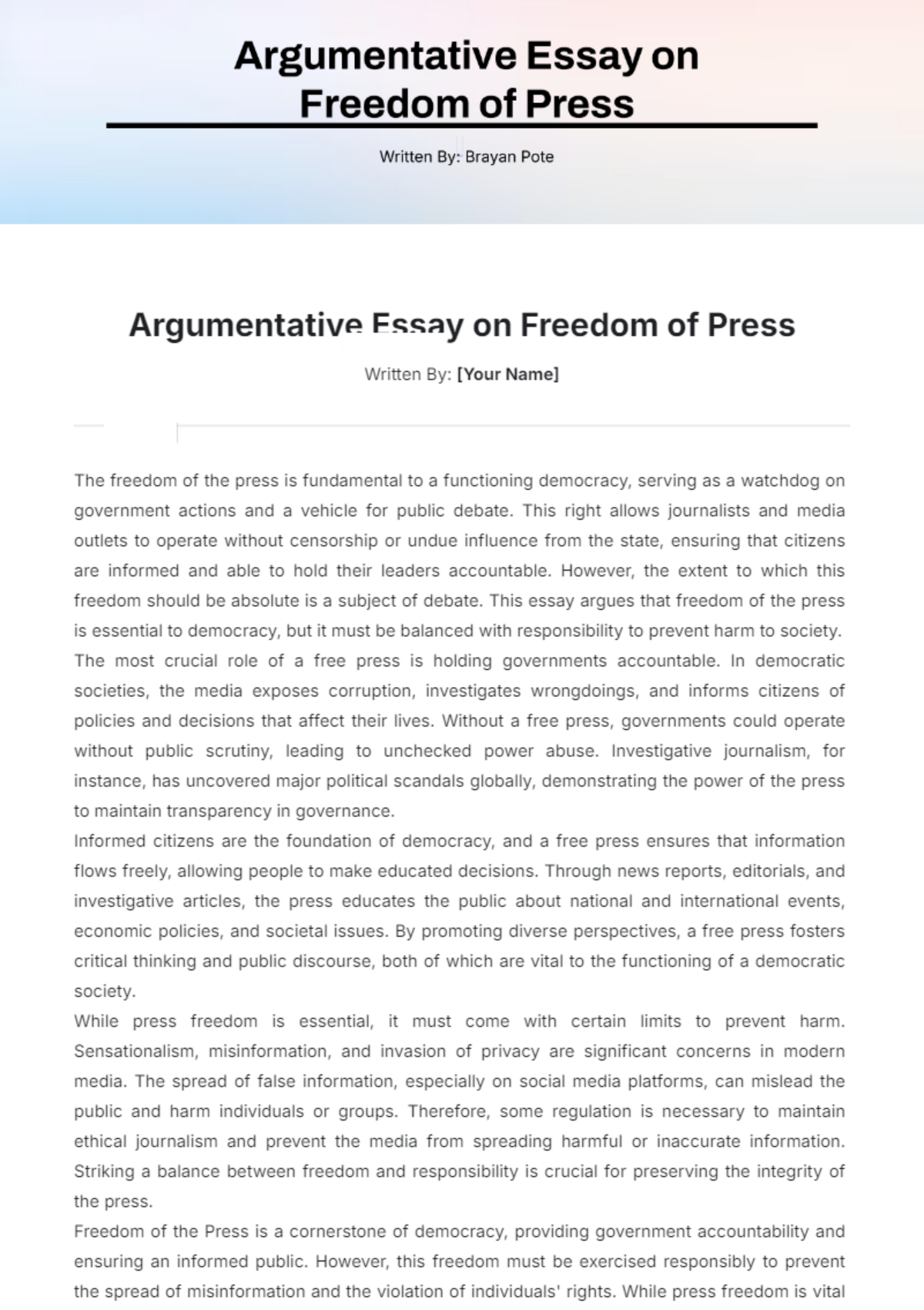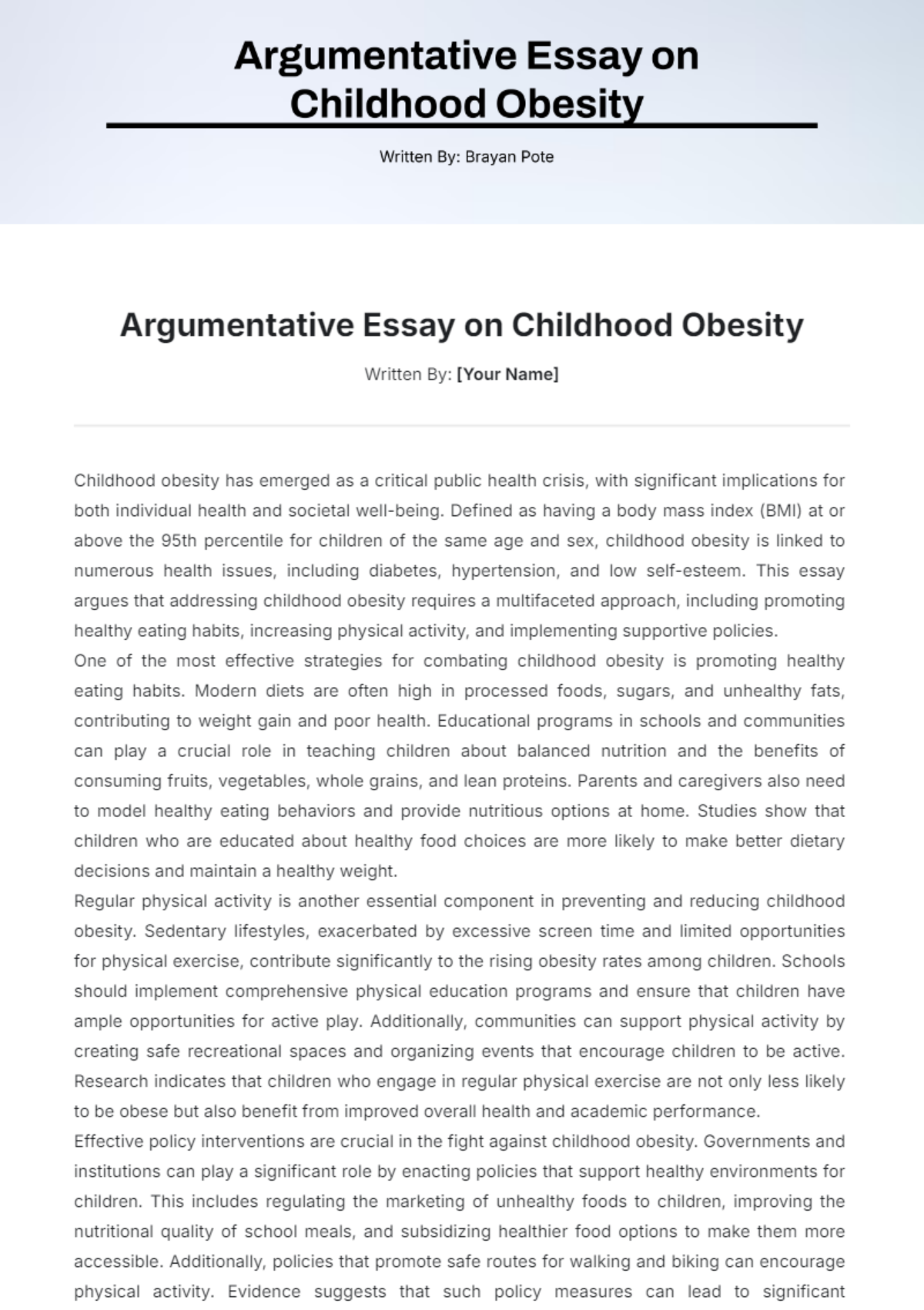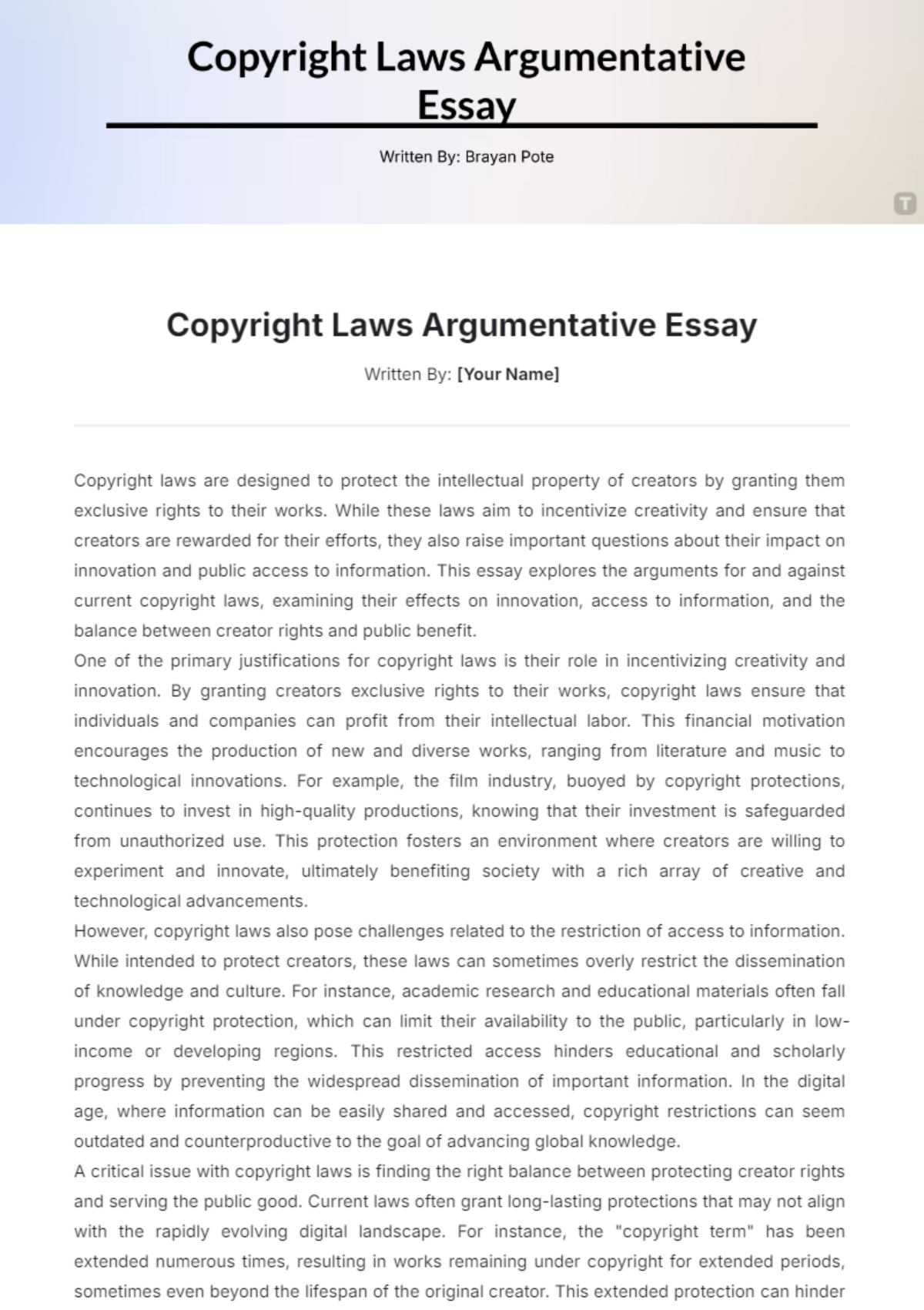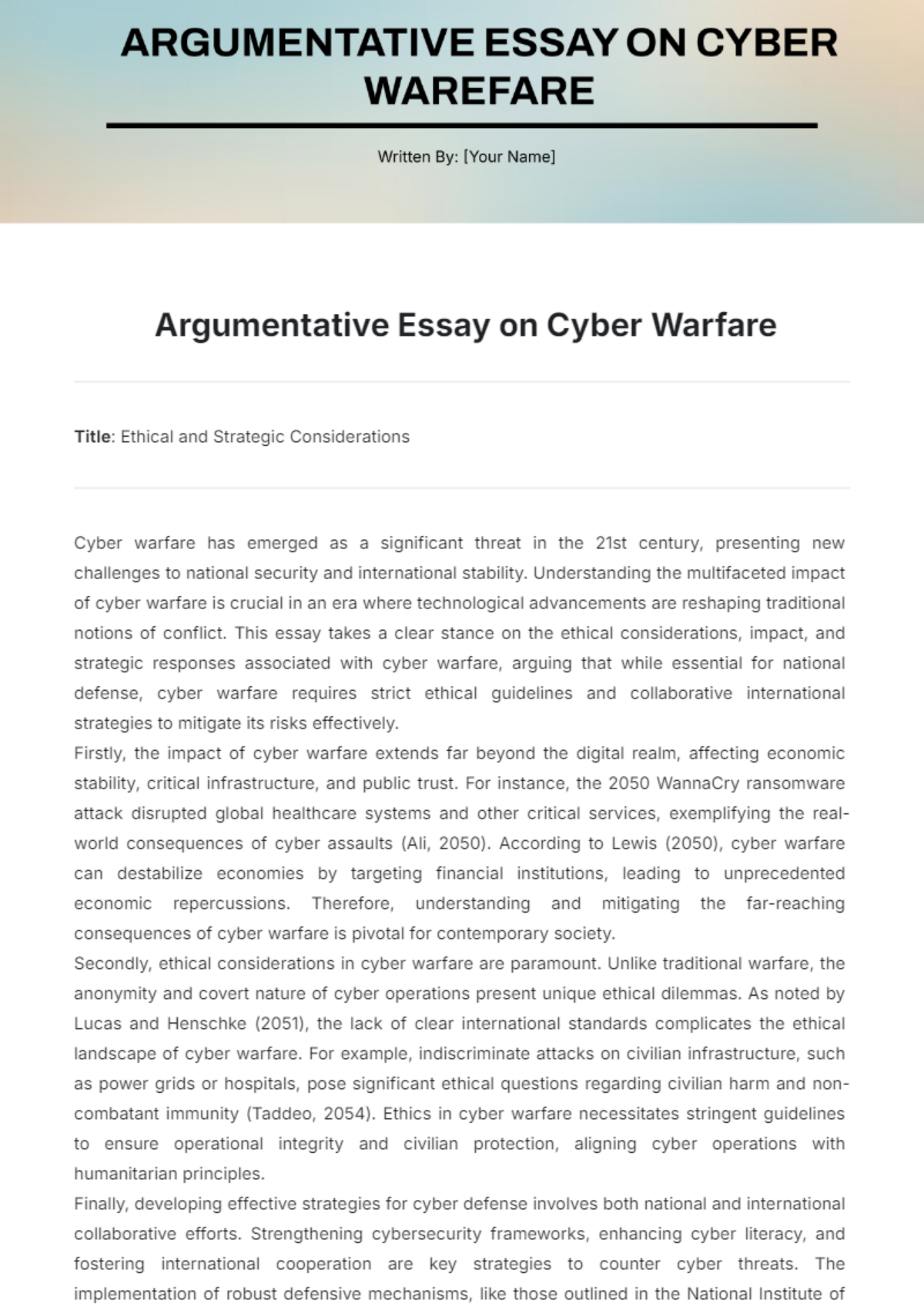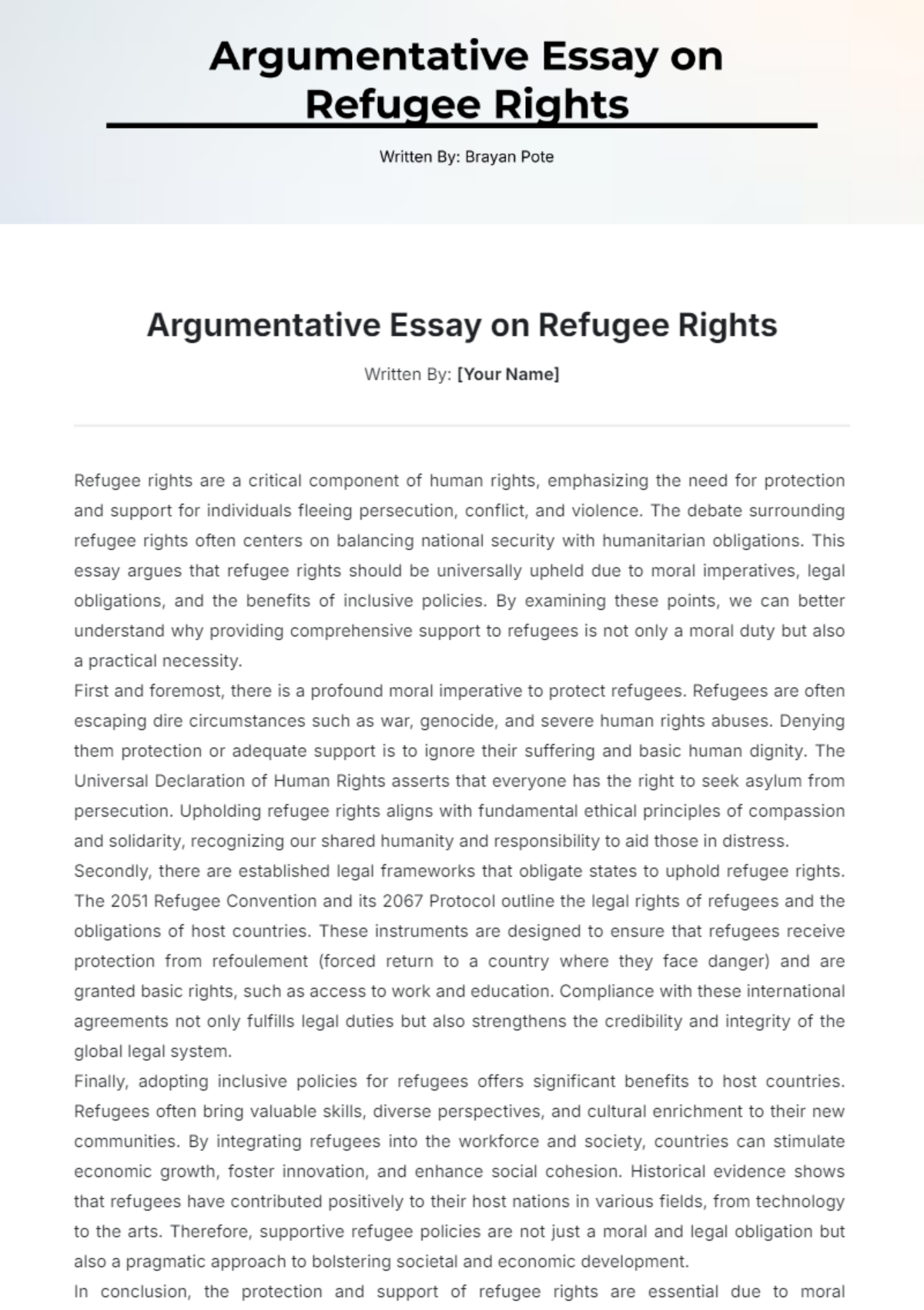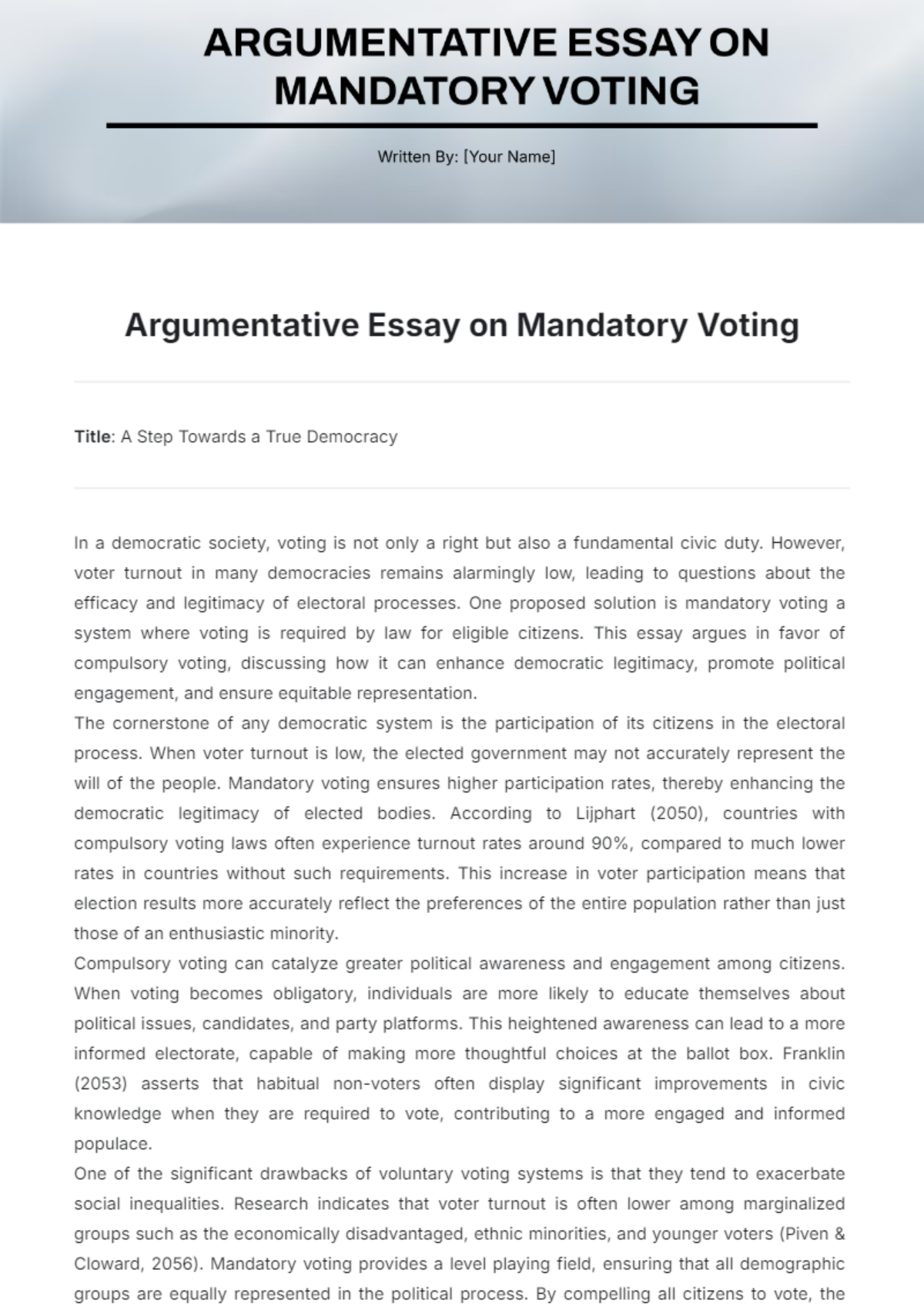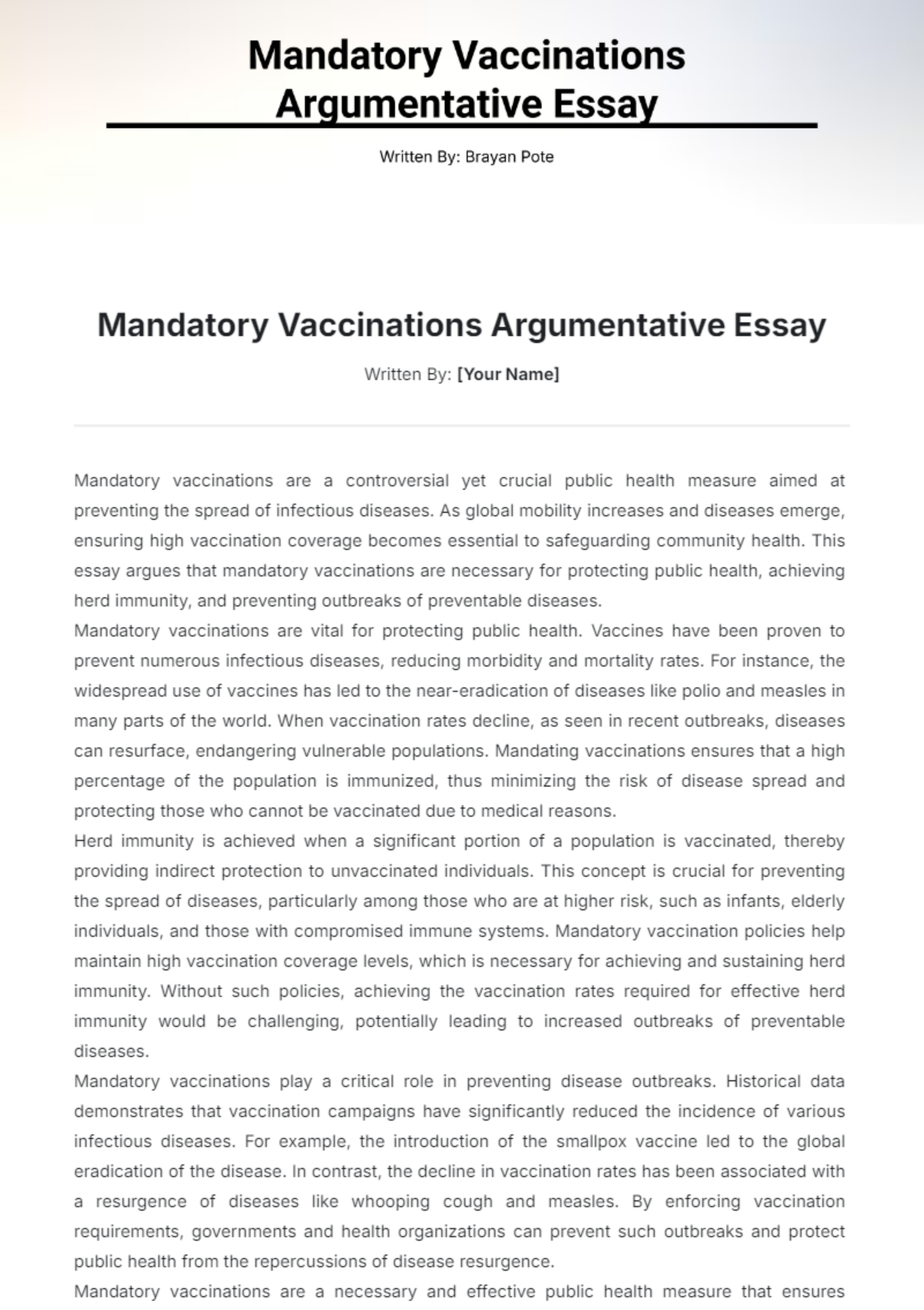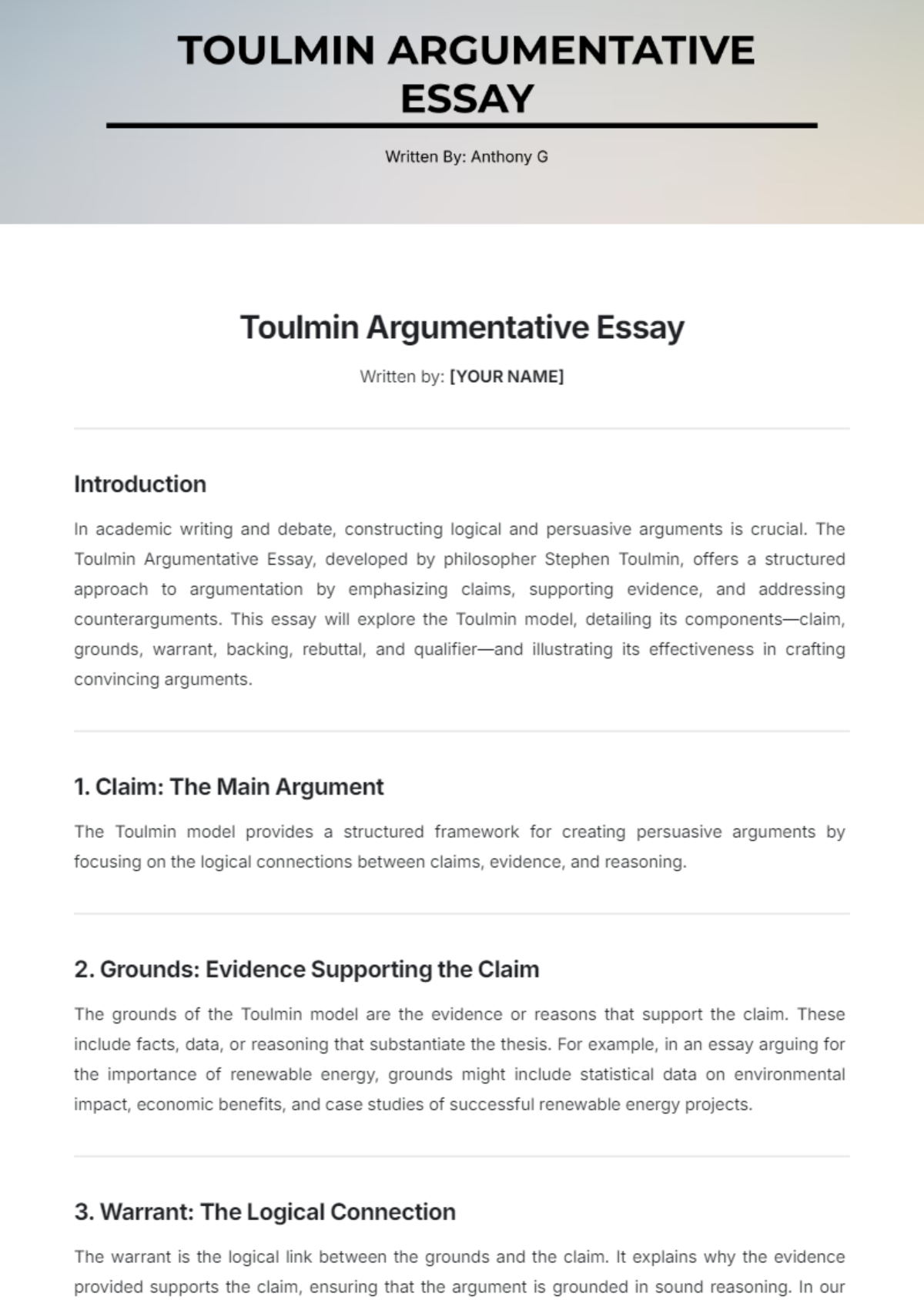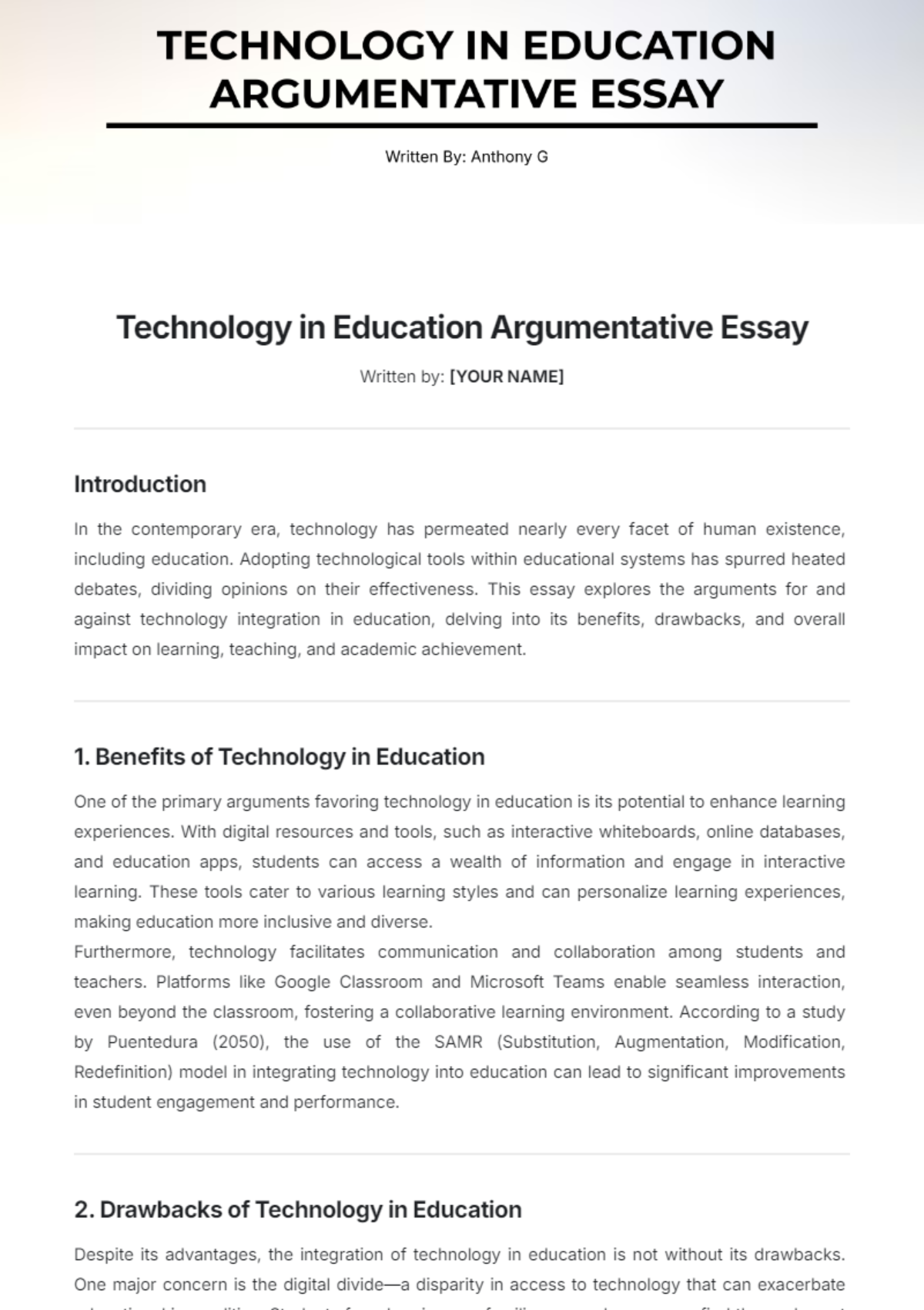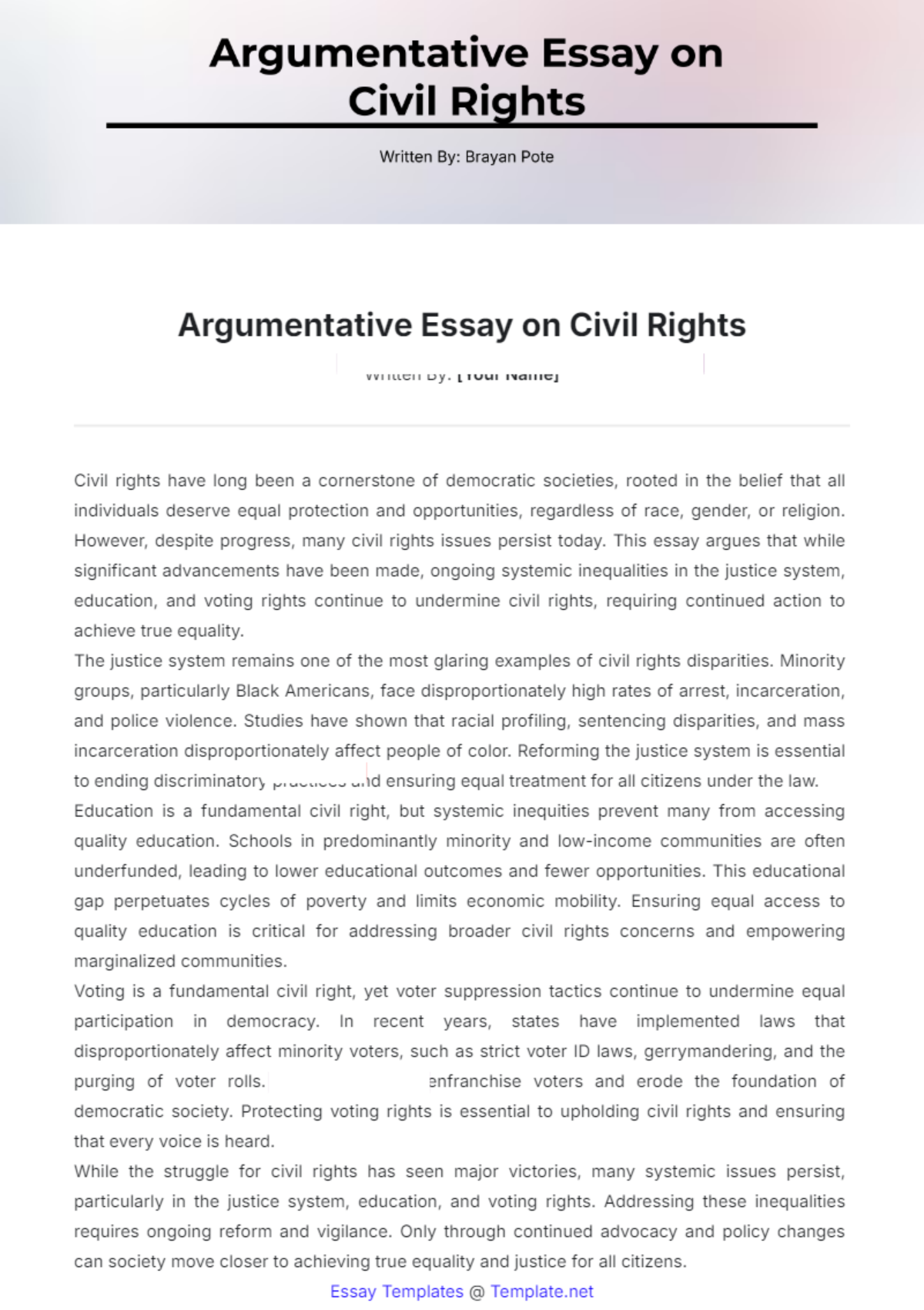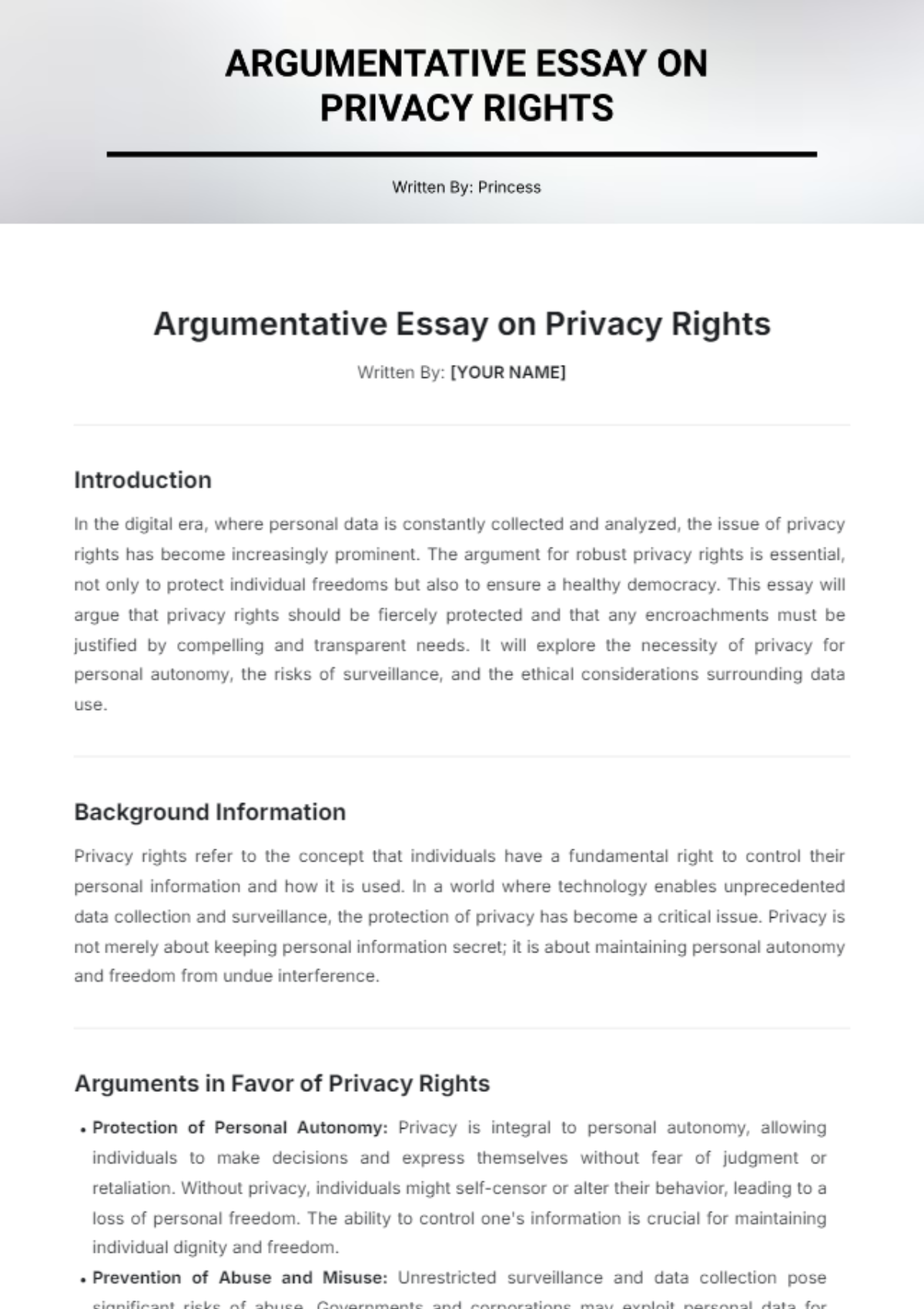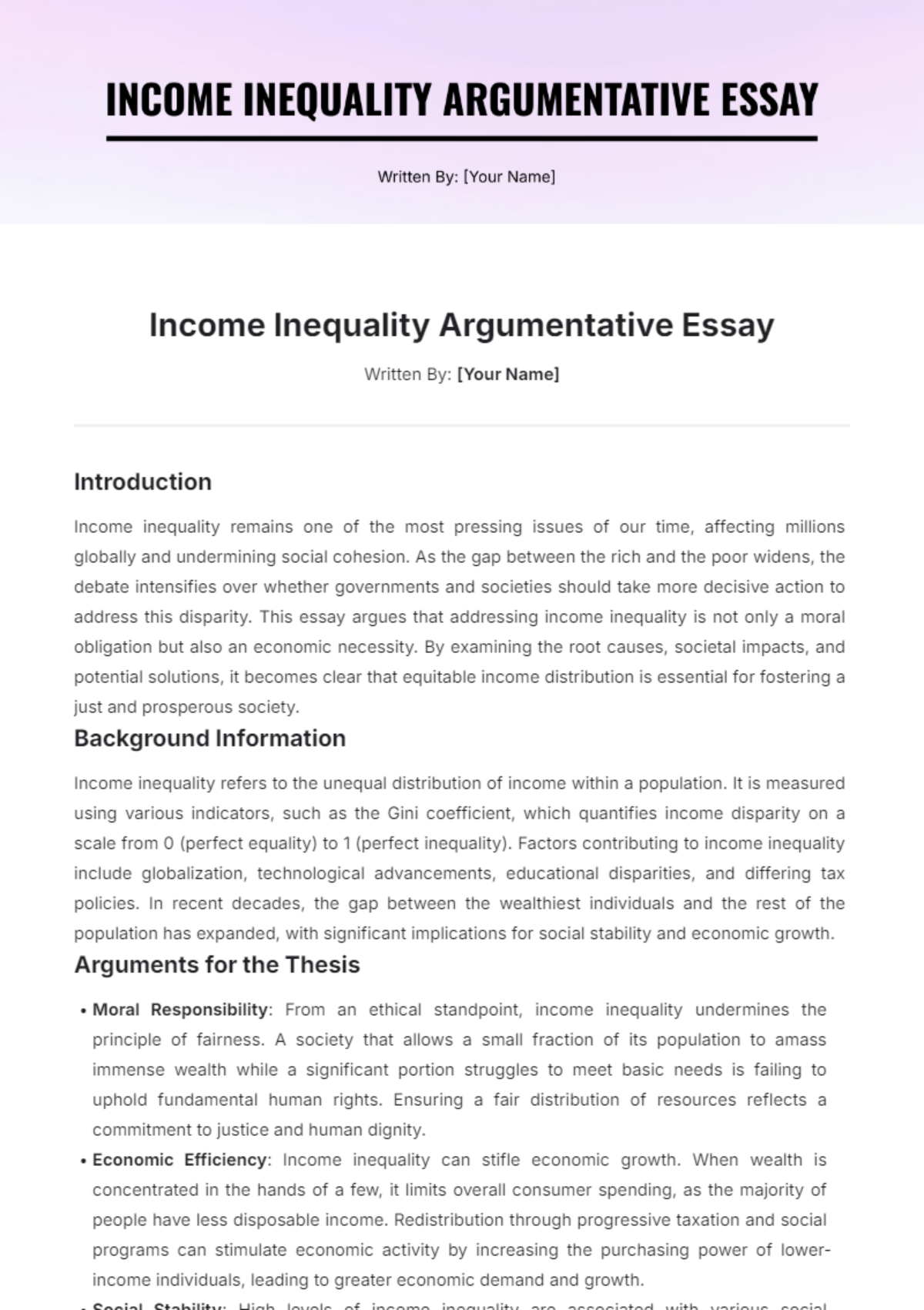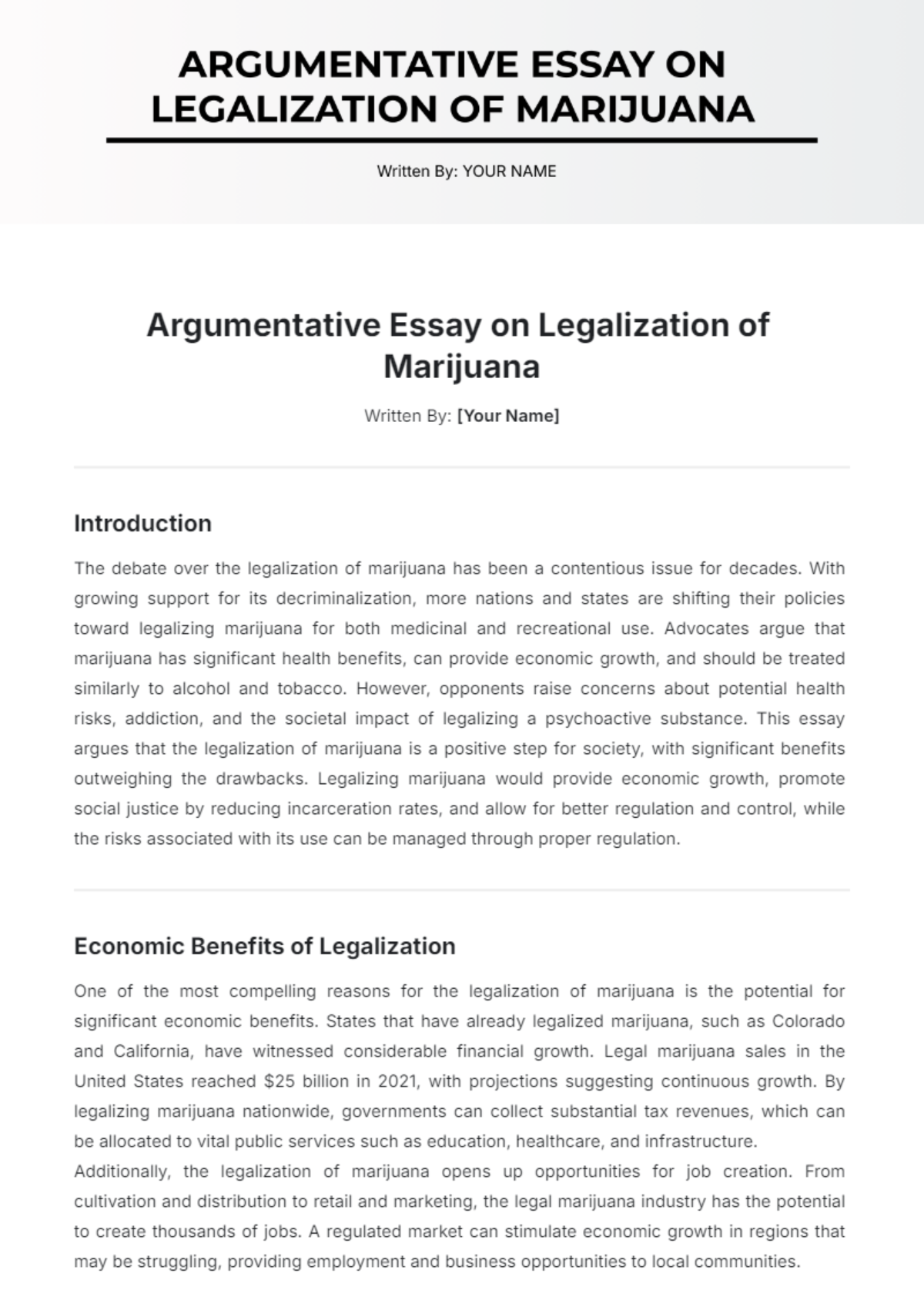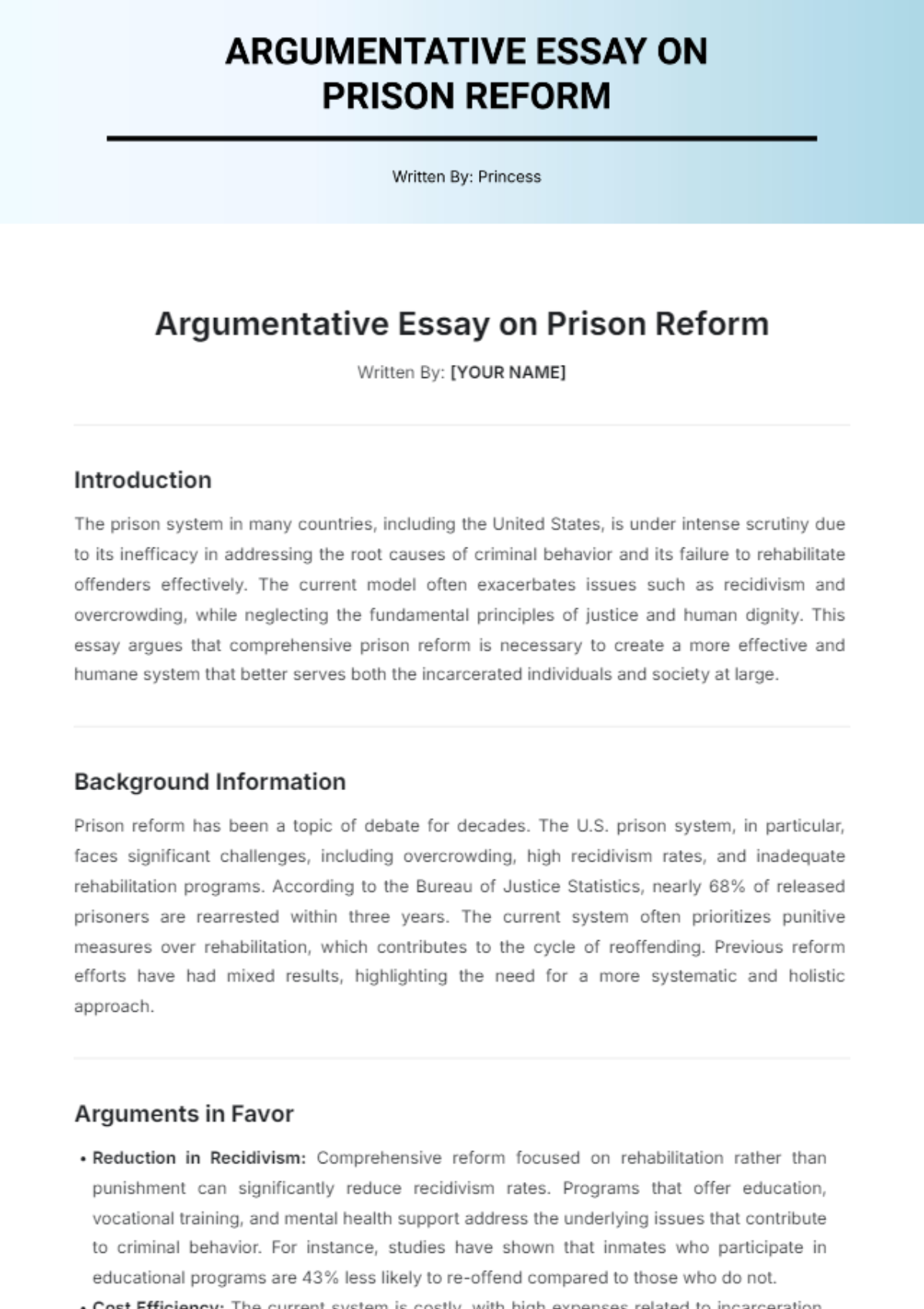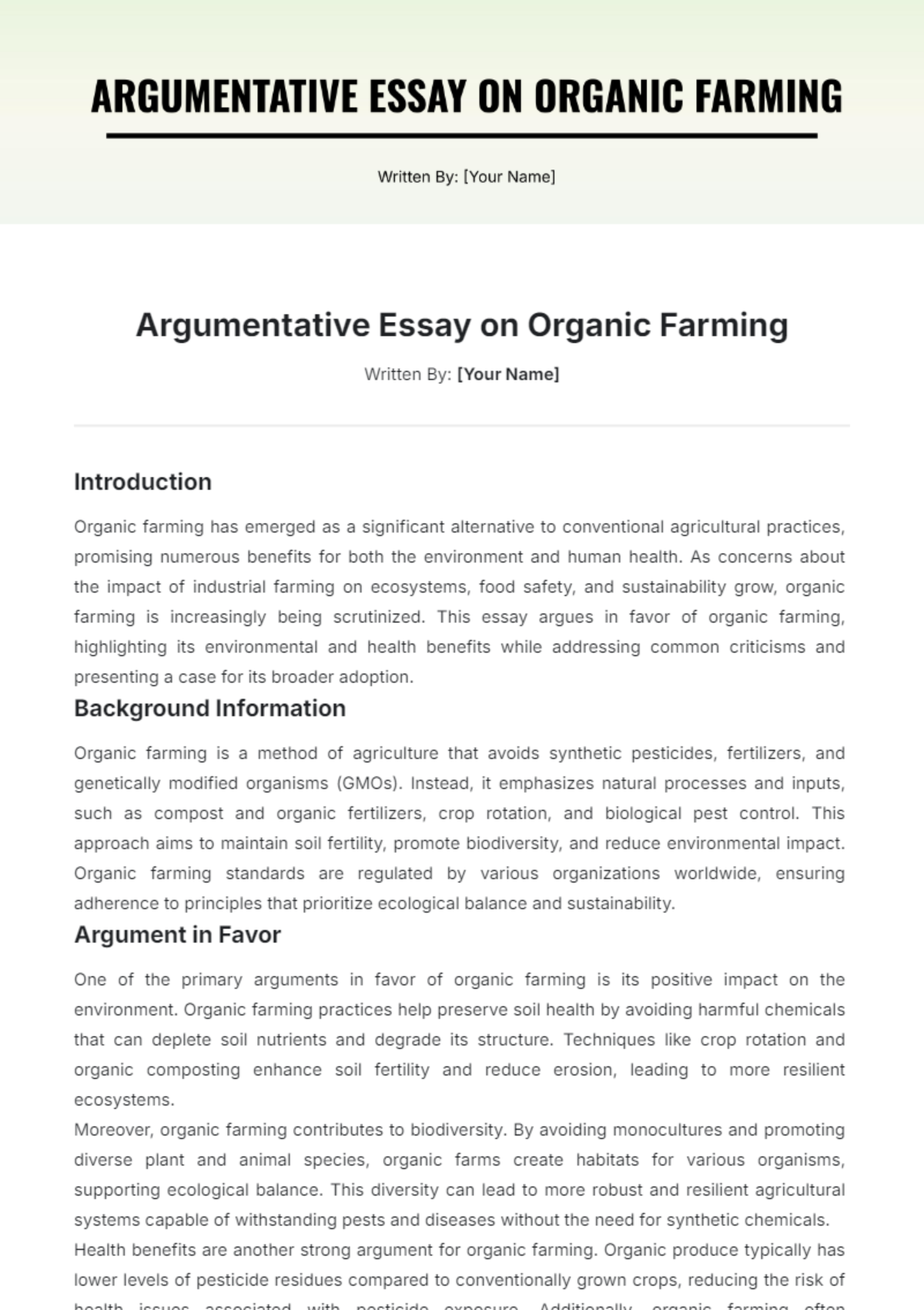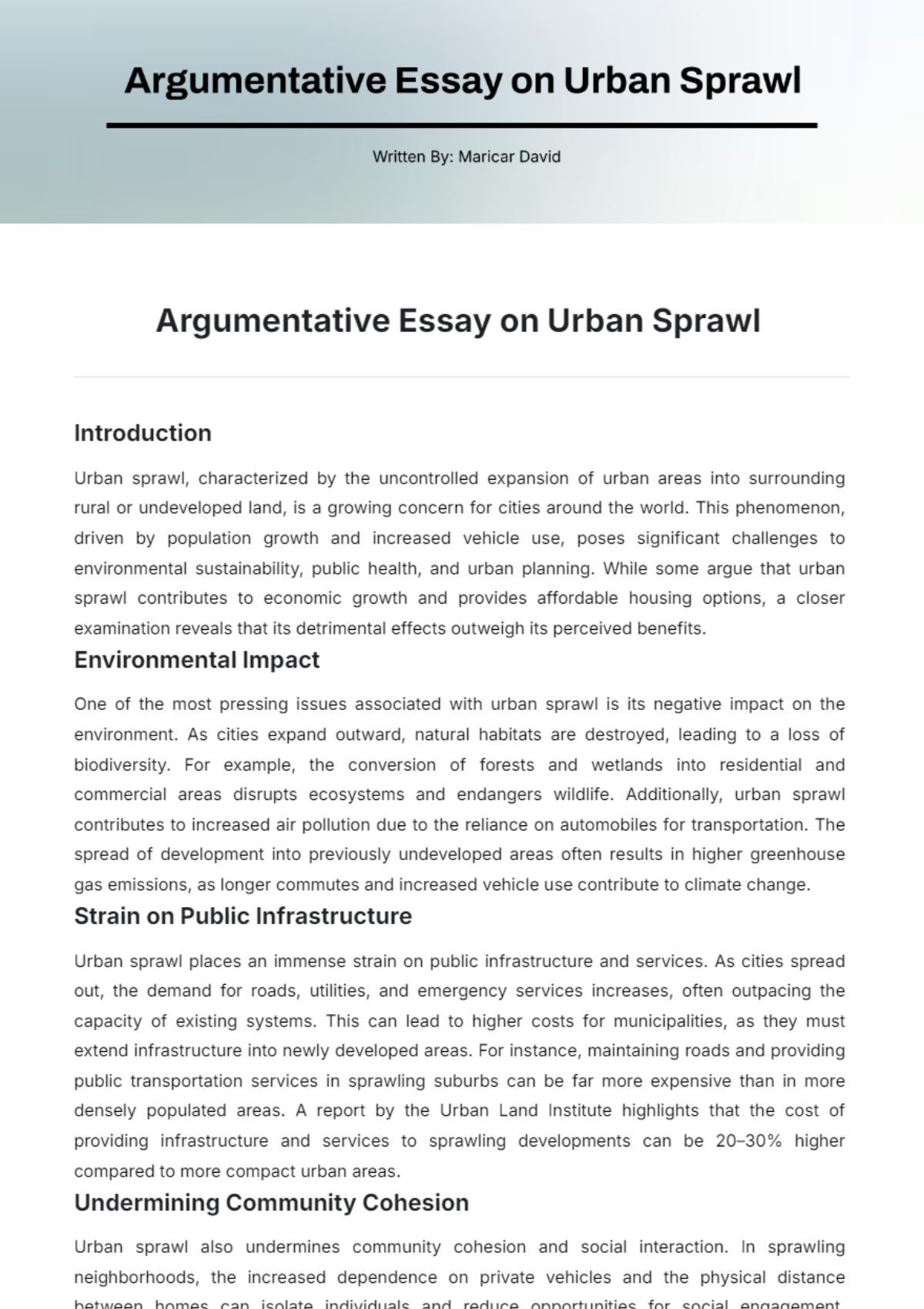Minimum Wage Increase Argumentative Essay
Title: The Case for Increasing the Minimum Wage
Date: [Date]
Introduction
In recent years, the debate over raising the minimum wage has intensified, as advocates argue that it is essential for ensuring economic justice and improving the standard of living for low-wage workers. Opponents, however, contend that increasing the minimum wage could lead to higher unemployment and greater inflation. This essay examines the arguments for and against raising the minimum wage and ultimately argues in favor of increasing it as a necessary step towards economic fairness and social equity.
Arguments for Increasing the Minimum Wage
Reduction in Poverty and Income Inequality
One of the most compelling arguments for increasing the minimum wage is its potential to reduce poverty and income inequality. According to the Economic Policy Institute, raising the minimum wage to $15 per hour would lift millions of workers out of poverty. Currently, many full-time minimum wage workers still struggle to meet basic needs, such as housing, food, and healthcare. By increasing their wages, these workers would have a better chance of achieving financial stability and improving their quality of life.
Boosting Consumer Spending
Increasing the minimum wage would also have positive effects on the broader economy. When low-wage workers earn more, they tend to spend a higher percentage of their income on goods and services. This increased consumer spending can stimulate economic growth and create new jobs. Studies have shown that higher wages lead to increased demand, which can benefit businesses and the economy as a whole.
Encouraging Fairness and Equity
Raising the minimum wage is a matter of fairness and equity. In a prosperous economy, it is unjust that some workers earn so little that they cannot make ends meet despite working full time. By ensuring that all workers receive a living wage, society can promote greater equality and demonstrate a commitment to social justice. This aligns with the principle that work should be rewarded with a decent standard of living.
Arguments Against Increasing the Minimum Wage
Potential for Job Loss
Critics argue that increasing the minimum wage could lead to job losses, particularly in industries that rely heavily on low-wage labor. They suggest that higher wages might compel employers to reduce their workforce or automate tasks, potentially leading to higher unemployment rates among low-skilled workers. This concern is valid, but research has shown that the impact on employment is often minimal and depends on various factors, including the extent of the wage increase and the economic context.
Inflationary Pressure
Another argument against raising the minimum wage is that it could lead to inflation. As businesses face higher labor costs, they might raise prices on goods and services to compensate. This inflationary effect could erode the benefits of the wage increase, making it harder for workers to enjoy a real improvement in their standard of living. While this is a concern, evidence suggests that moderate increases in the minimum wage have only a small impact on inflation.
Impact on Small Businesses
Small businesses might be disproportionately affected by a minimum wage increase compared to larger corporations. Small business owners often operate on thin profit margins and may struggle to absorb higher labor costs. This could lead to reduced hiring, business closures, or increased prices for consumers. However, targeted policies and support mechanisms, such as tax credits or subsidies for small businesses, could help mitigate these effects.
Conclusion
Despite the concerns raised by critics, the arguments in favor of increasing the minimum wage are compelling. The potential benefits of reducing poverty, stimulating economic growth, and promoting fairness outweigh the challenges. Addressing the negative impacts through thoughtful policy design and support for affected businesses can help ensure that the transition to higher wages is both effective and equitable. In a thriving economy, it is both just and necessary to ensure that all workers are compensated fairly for their contributions. Raising the minimum wage is a crucial step towards achieving economic justice and improving the lives of millions of workers.

